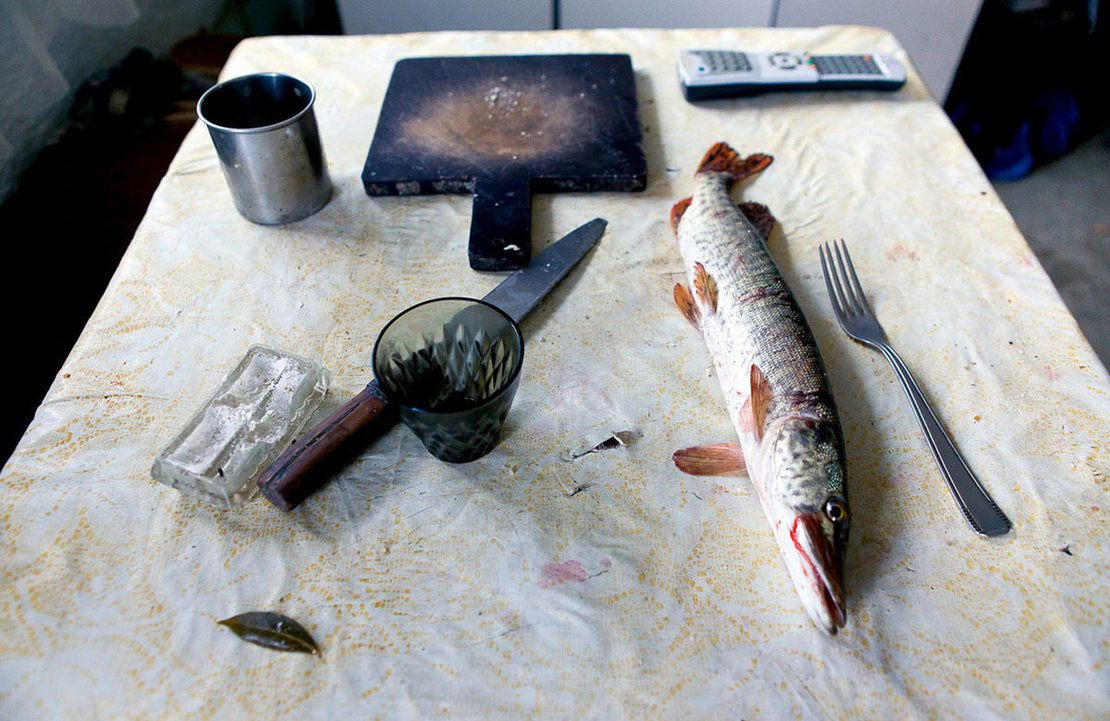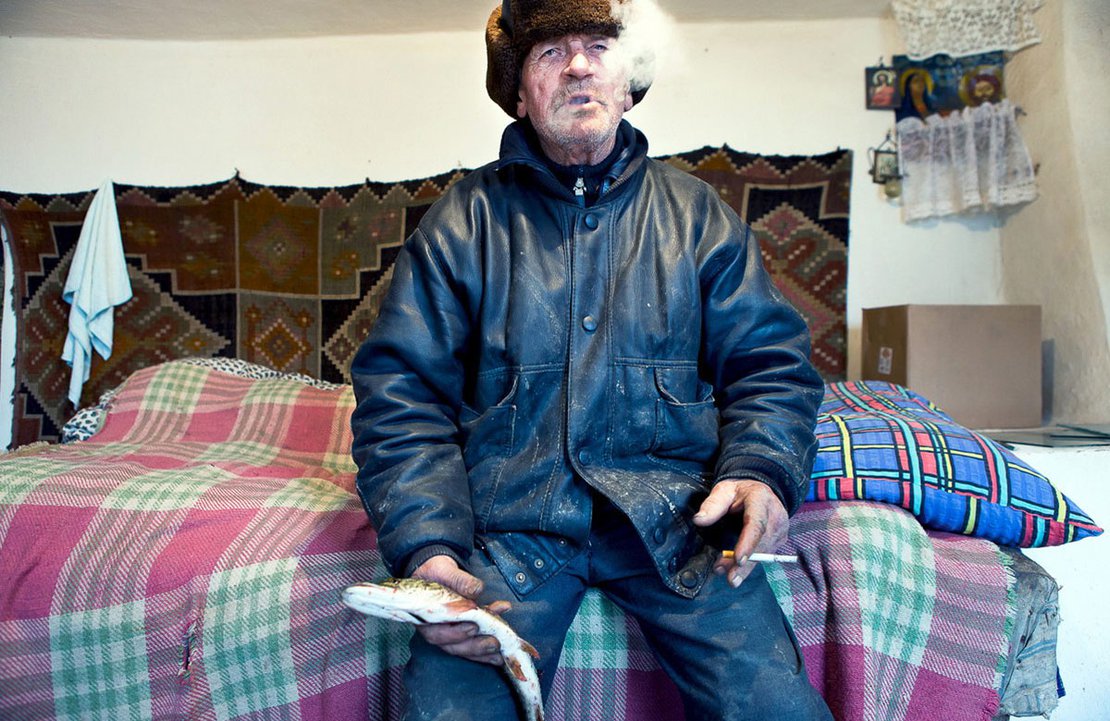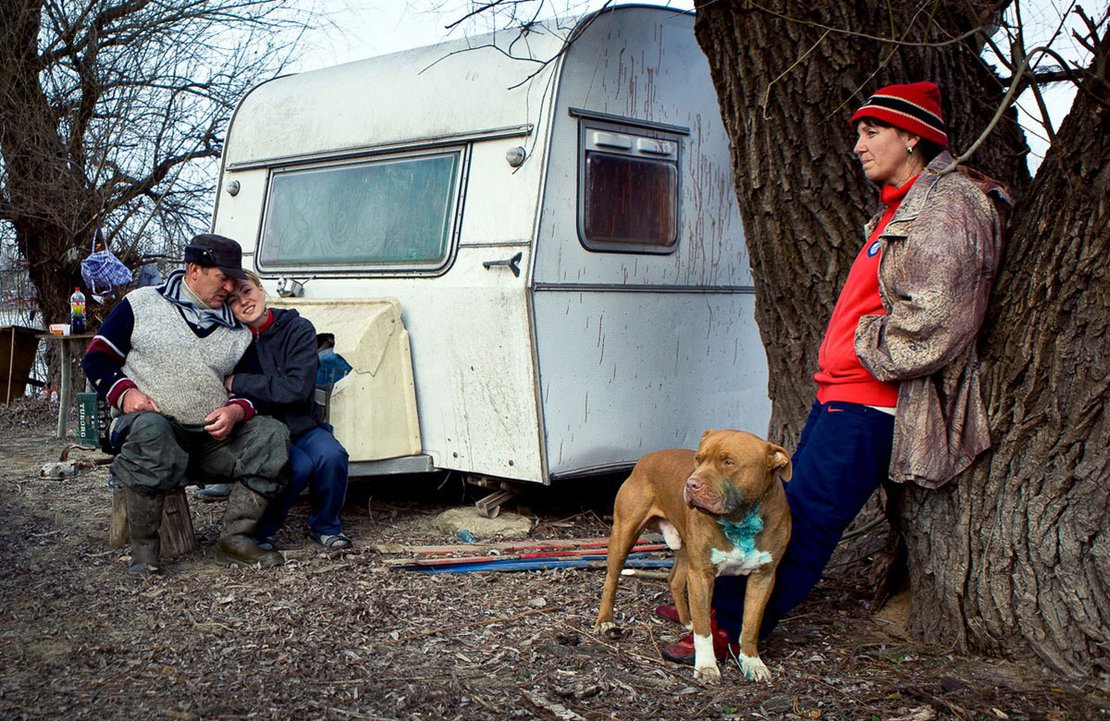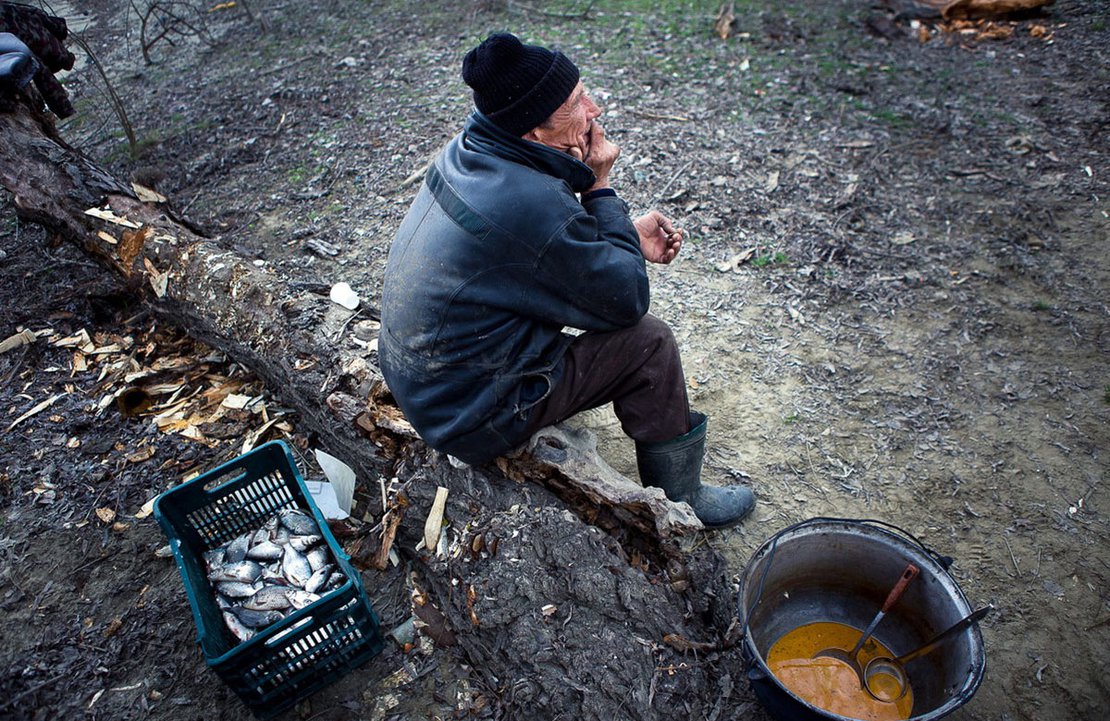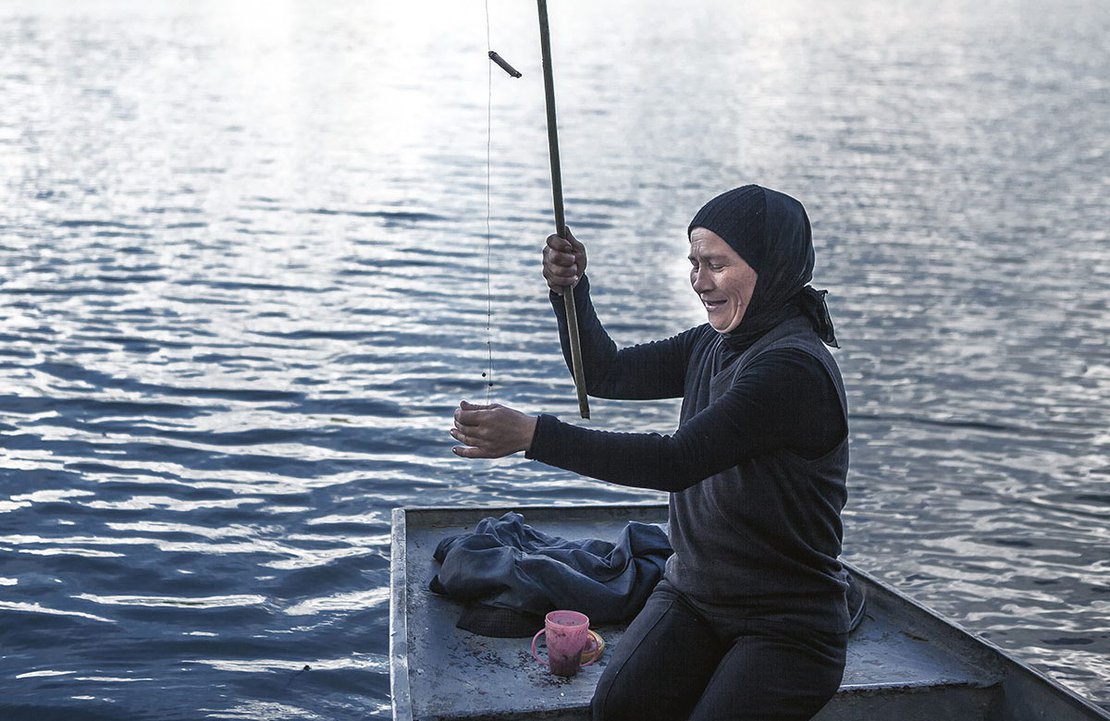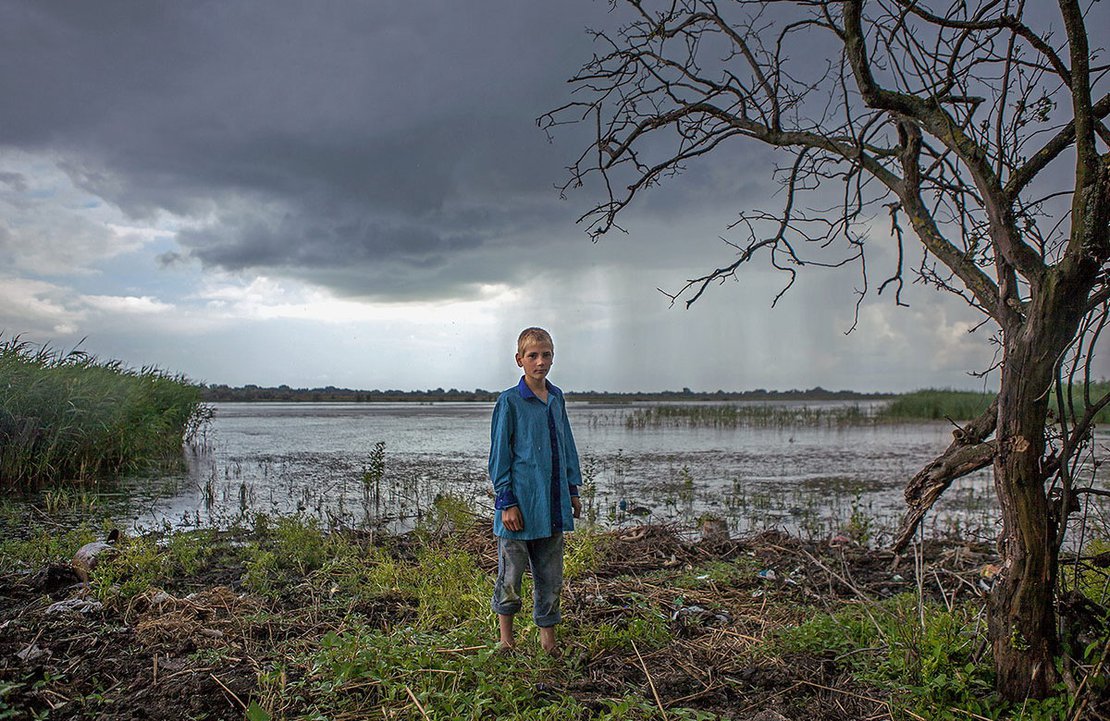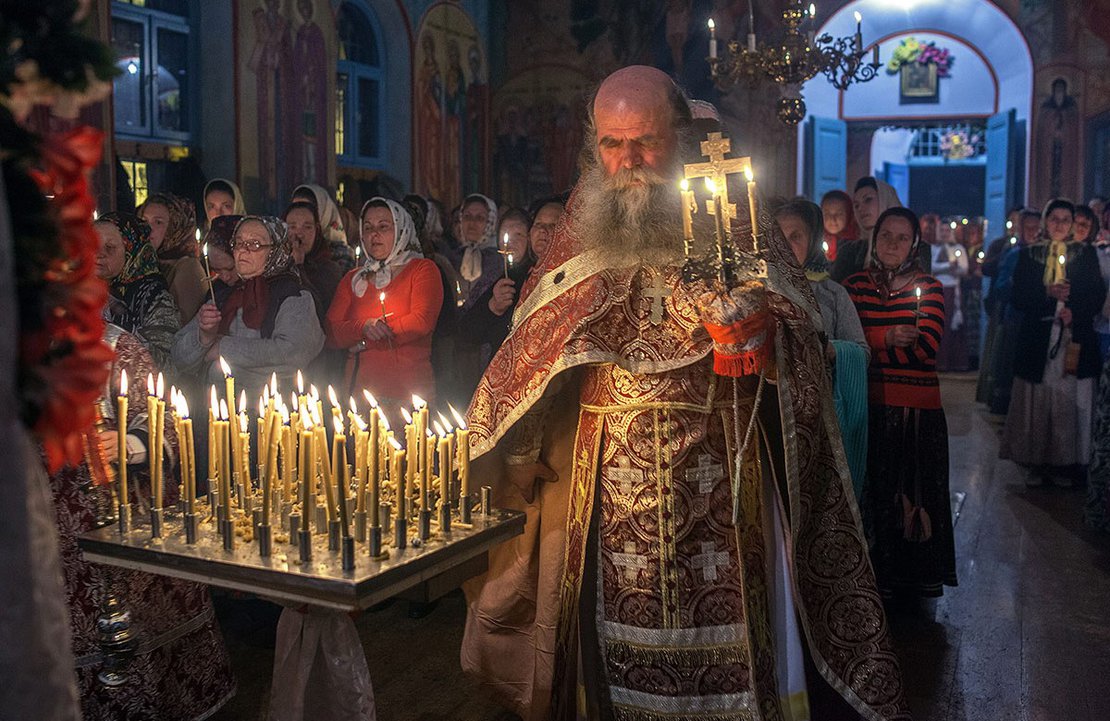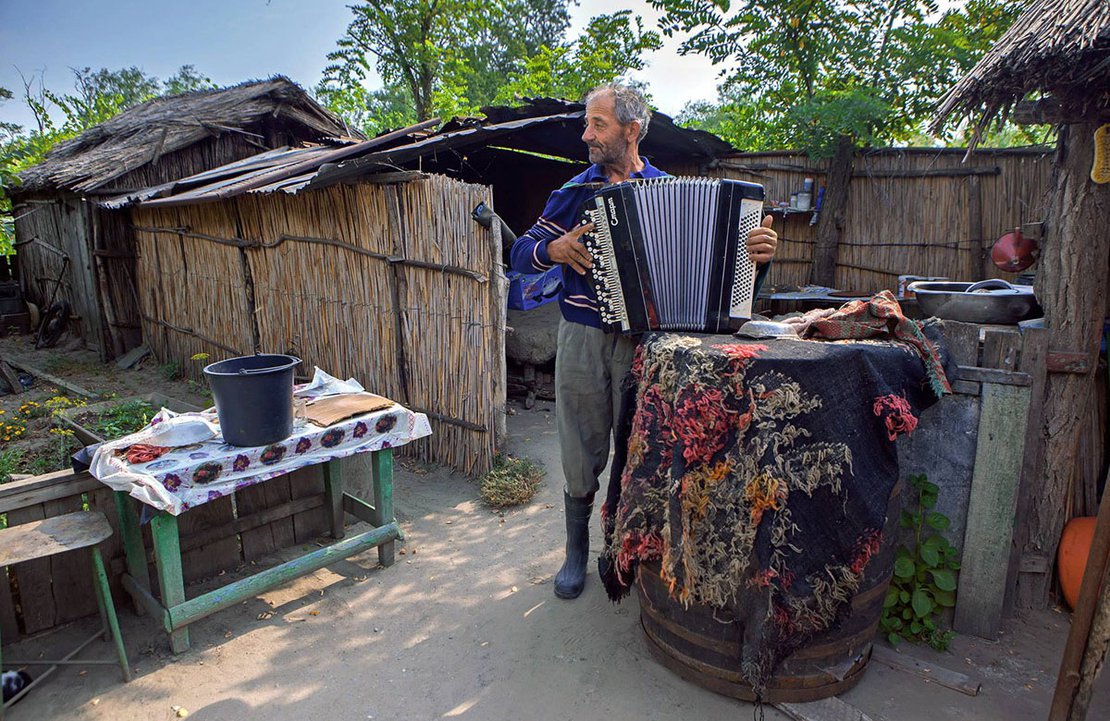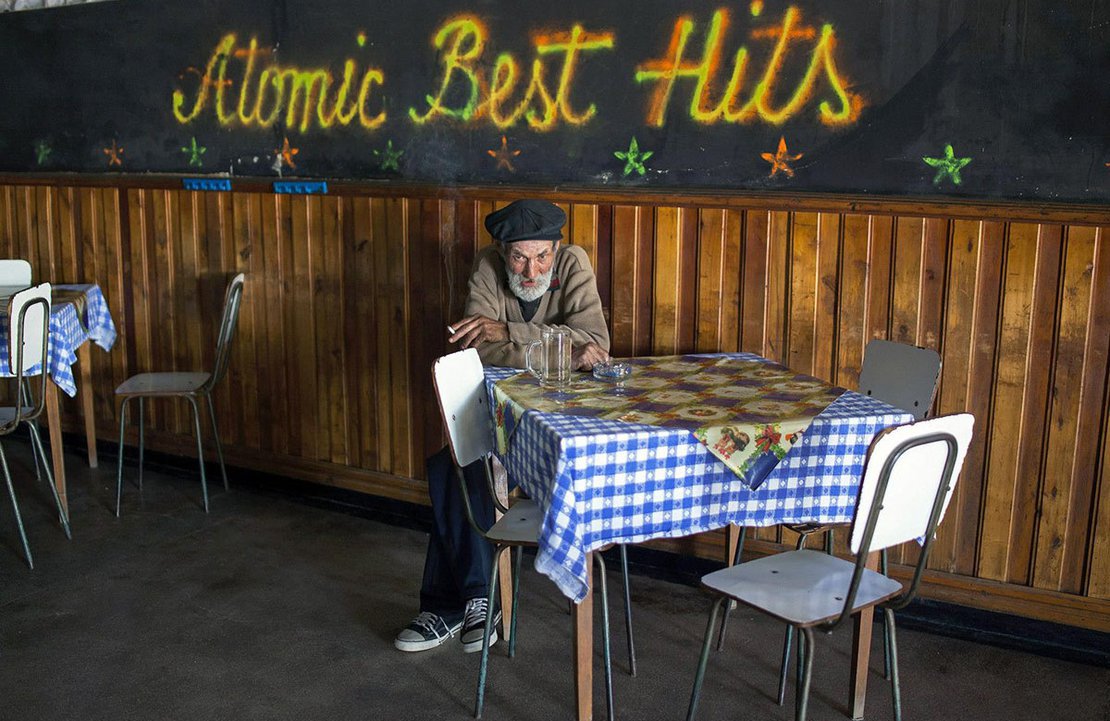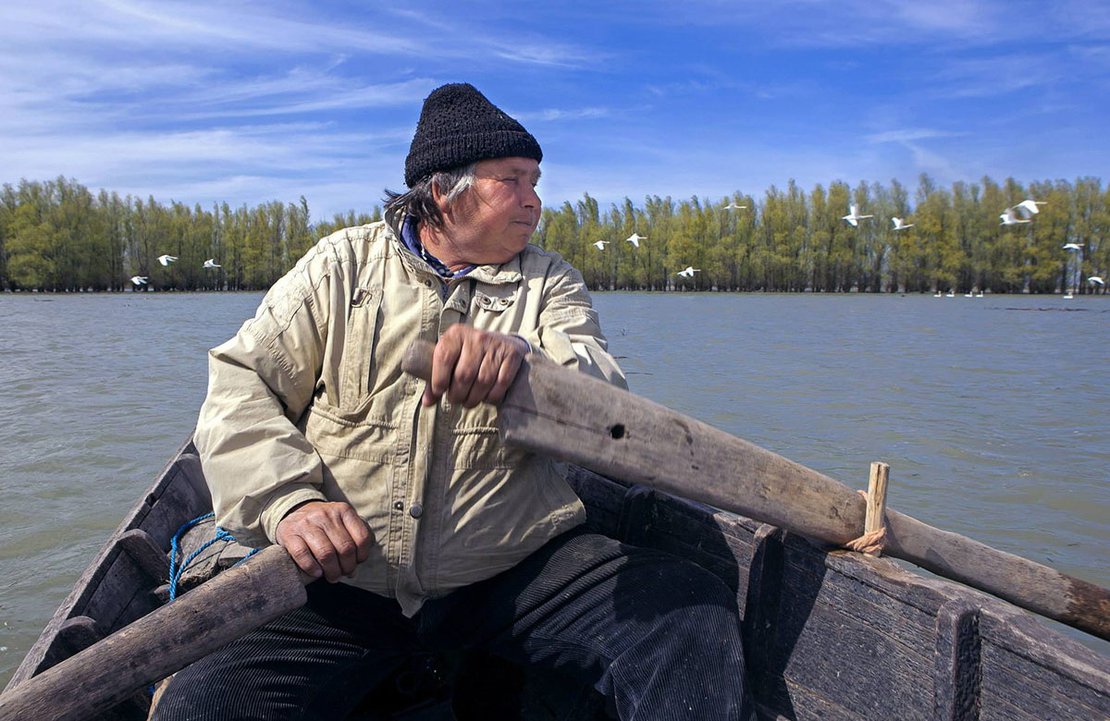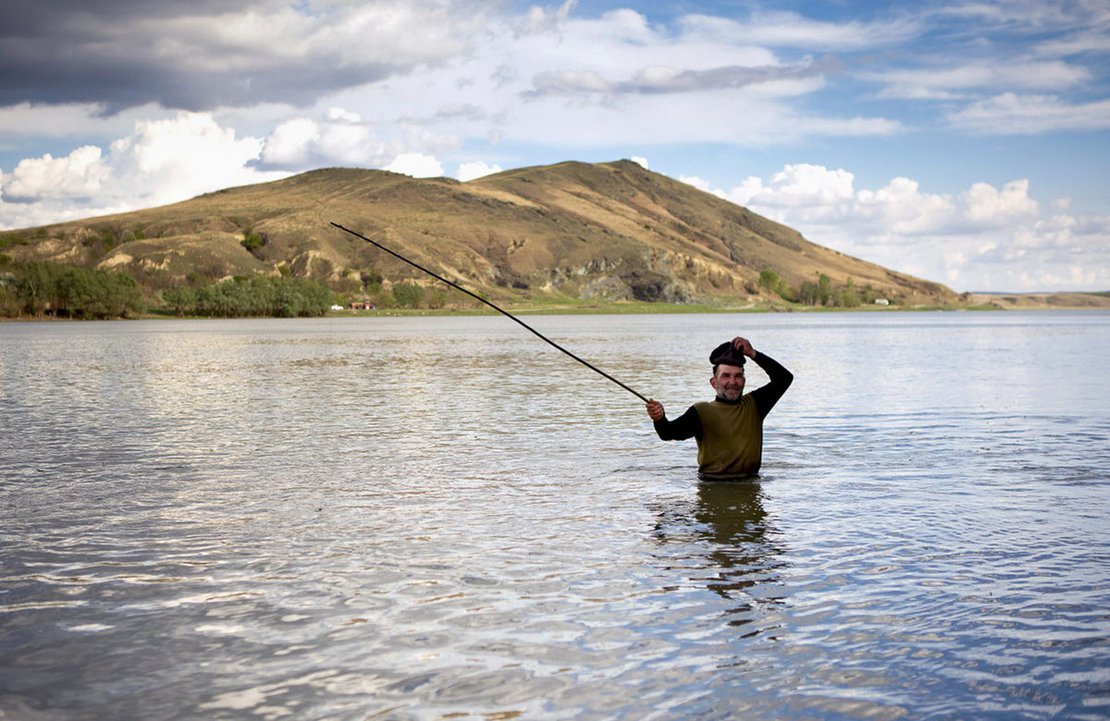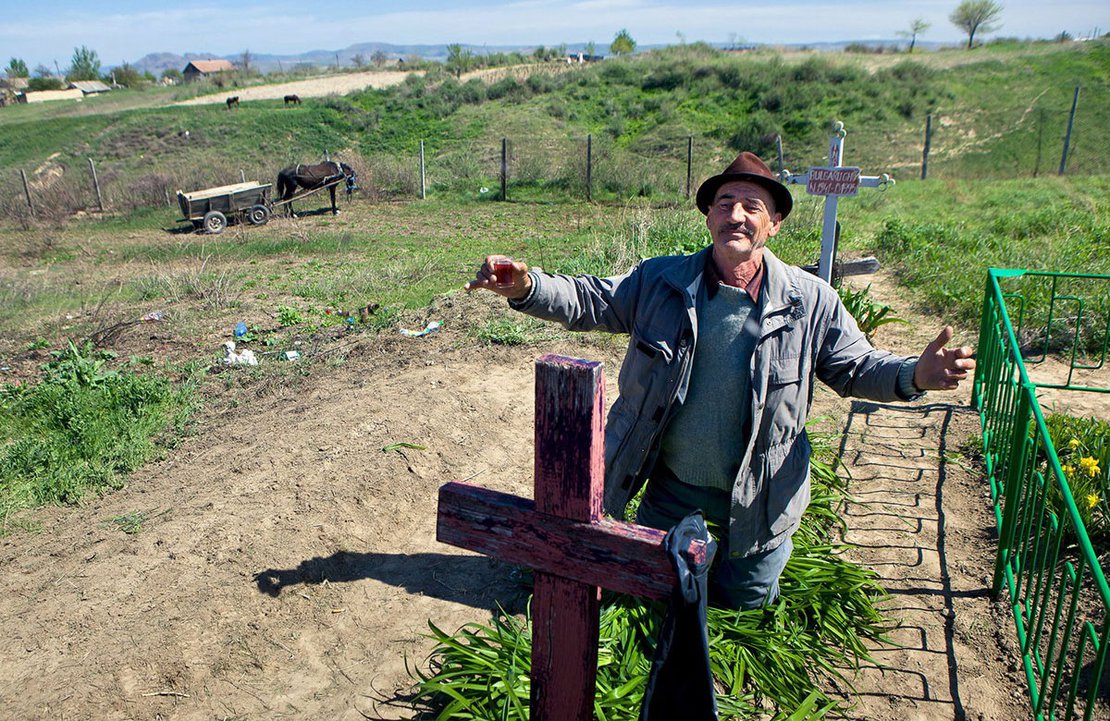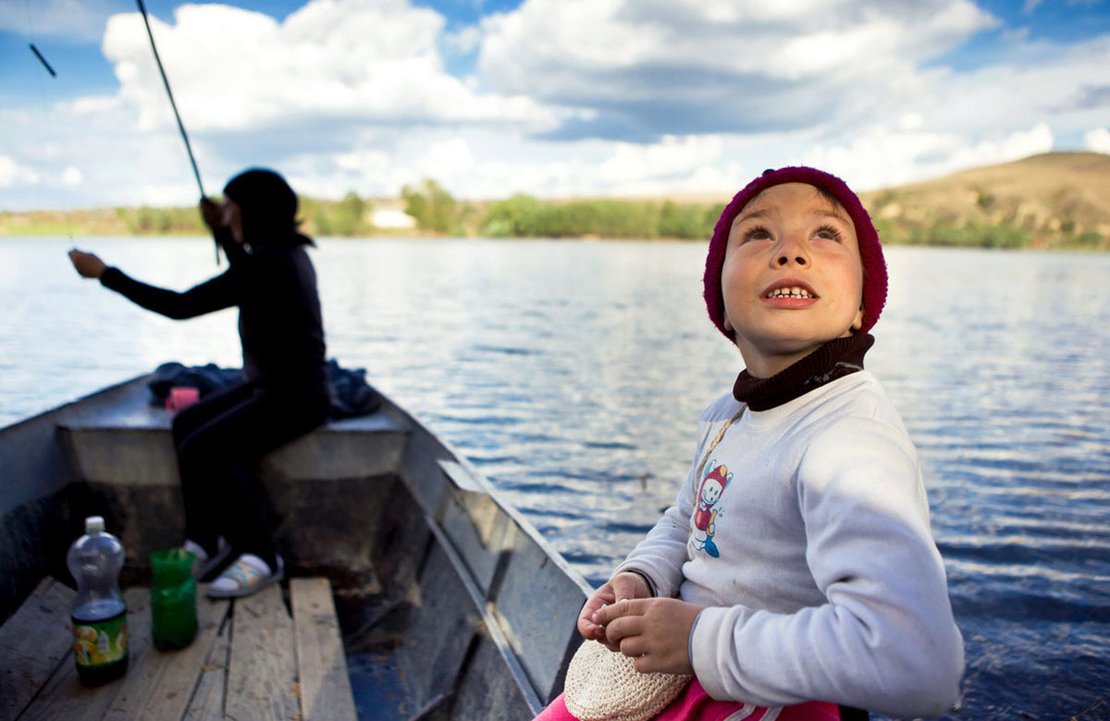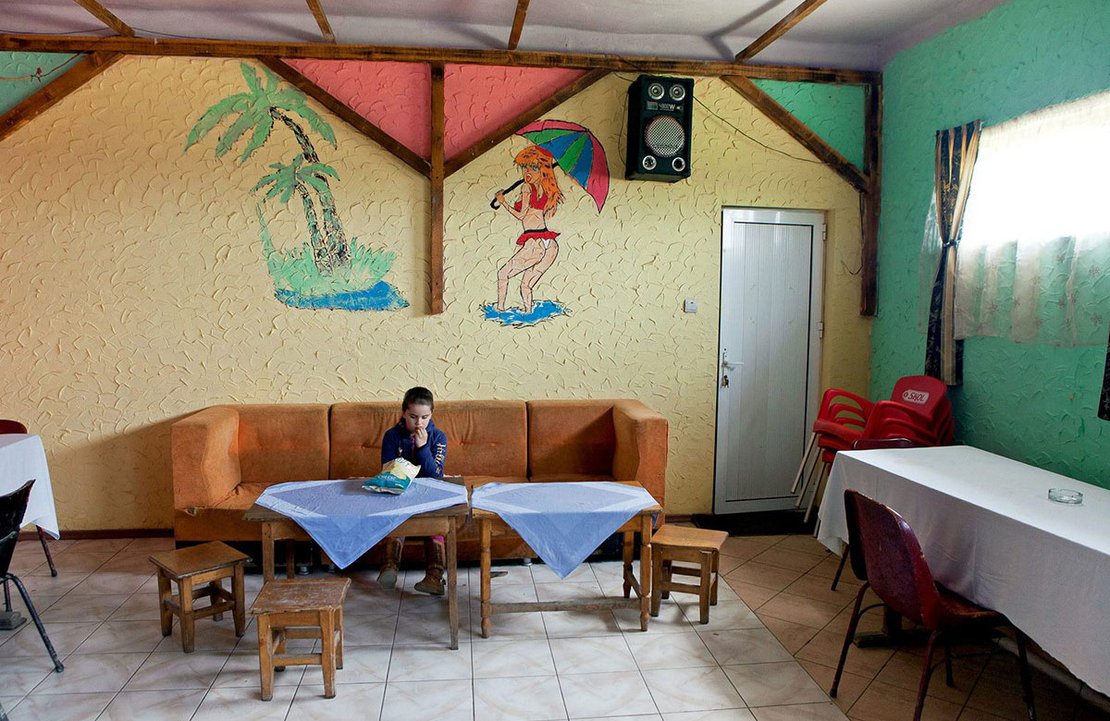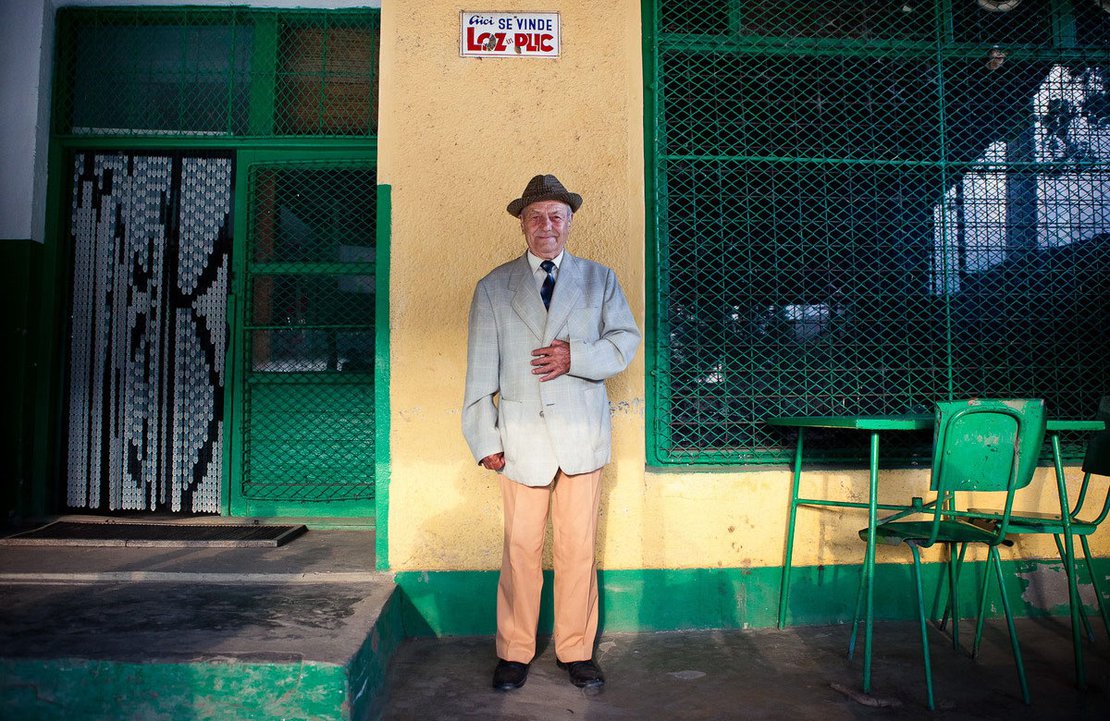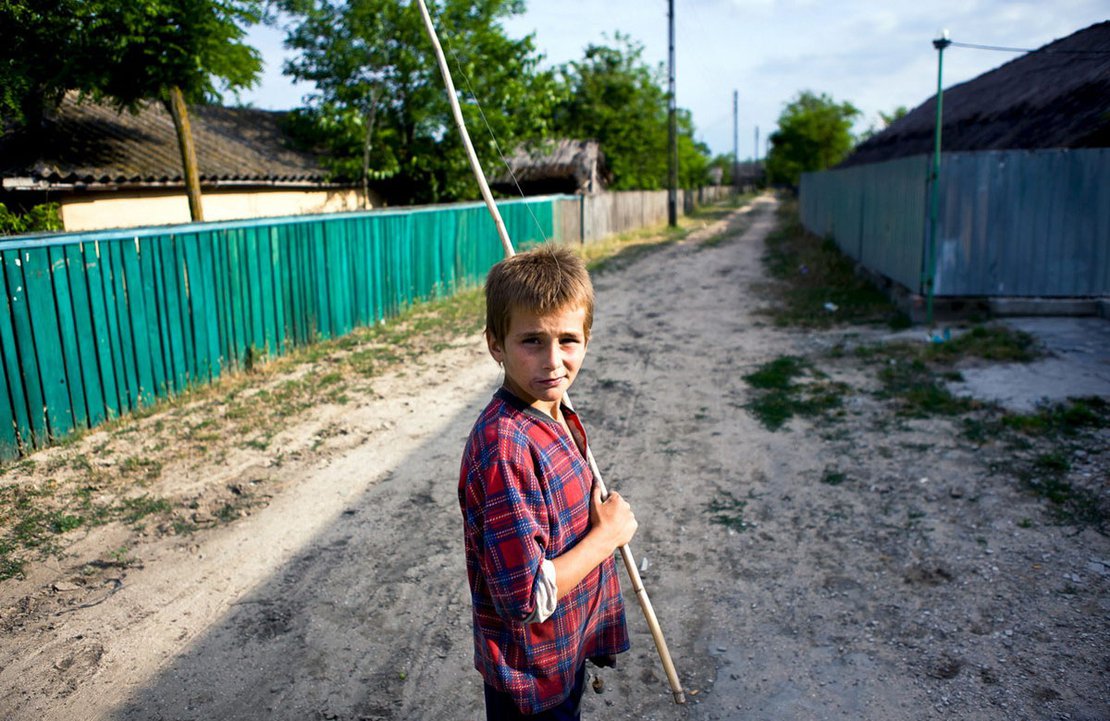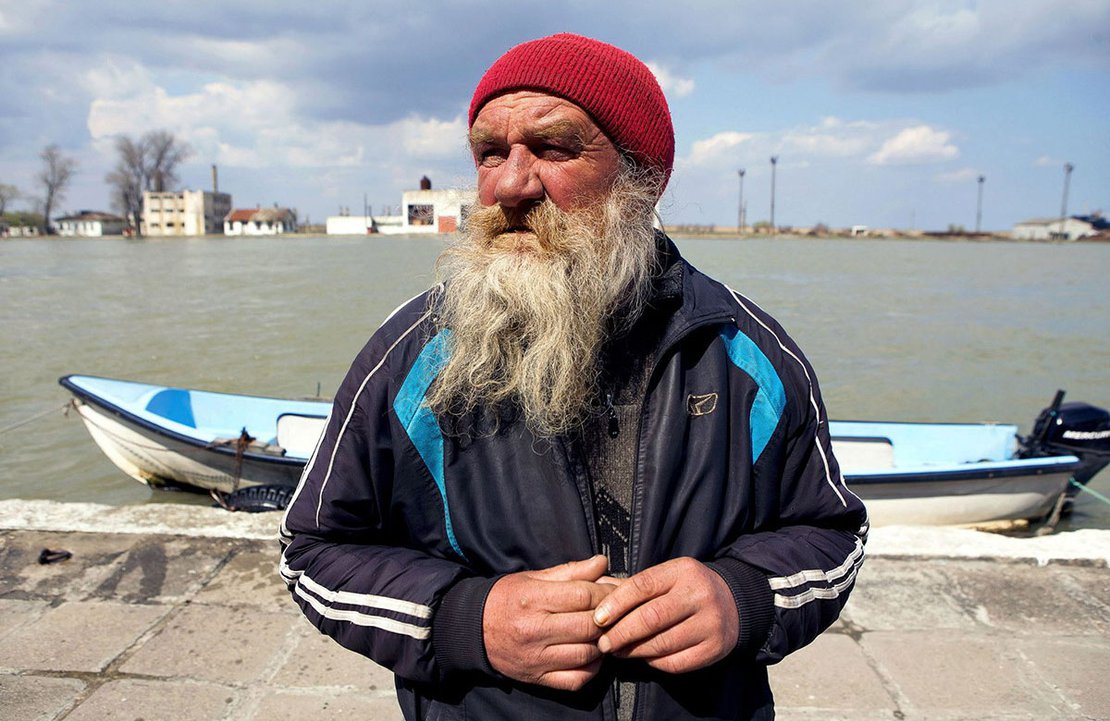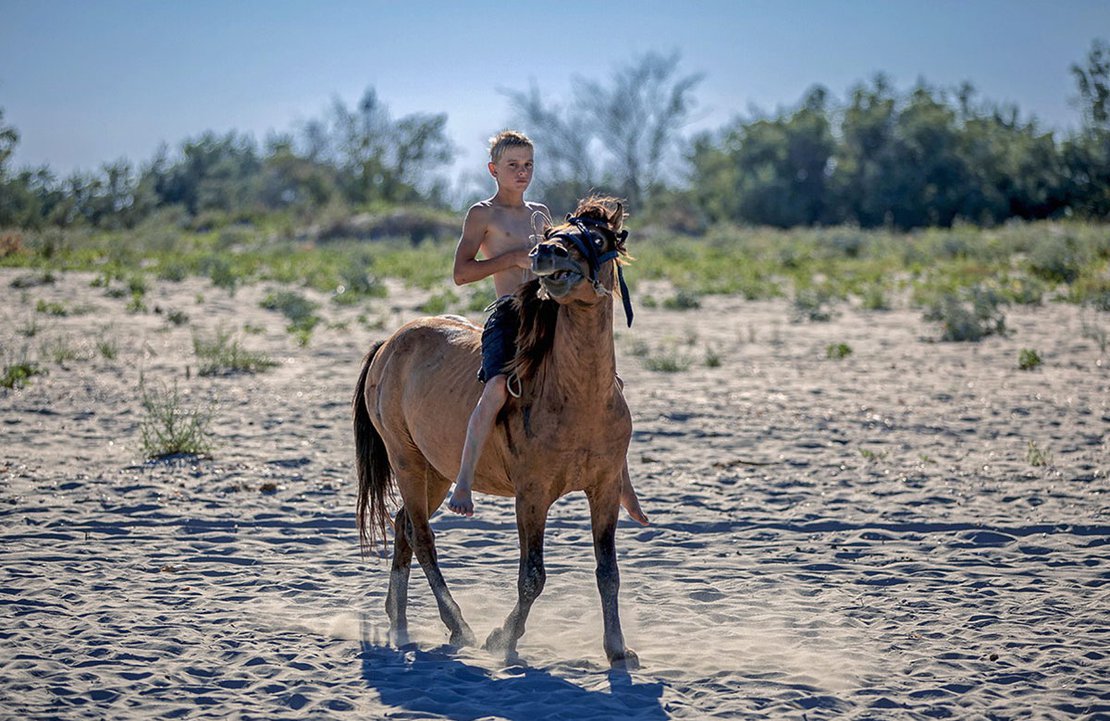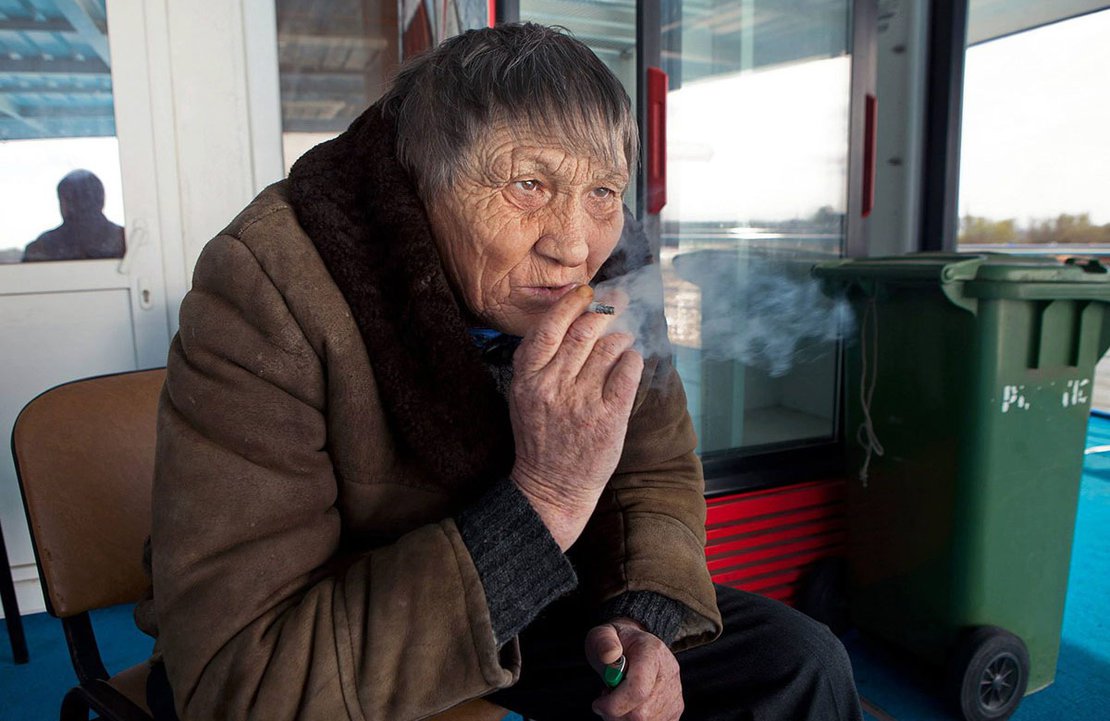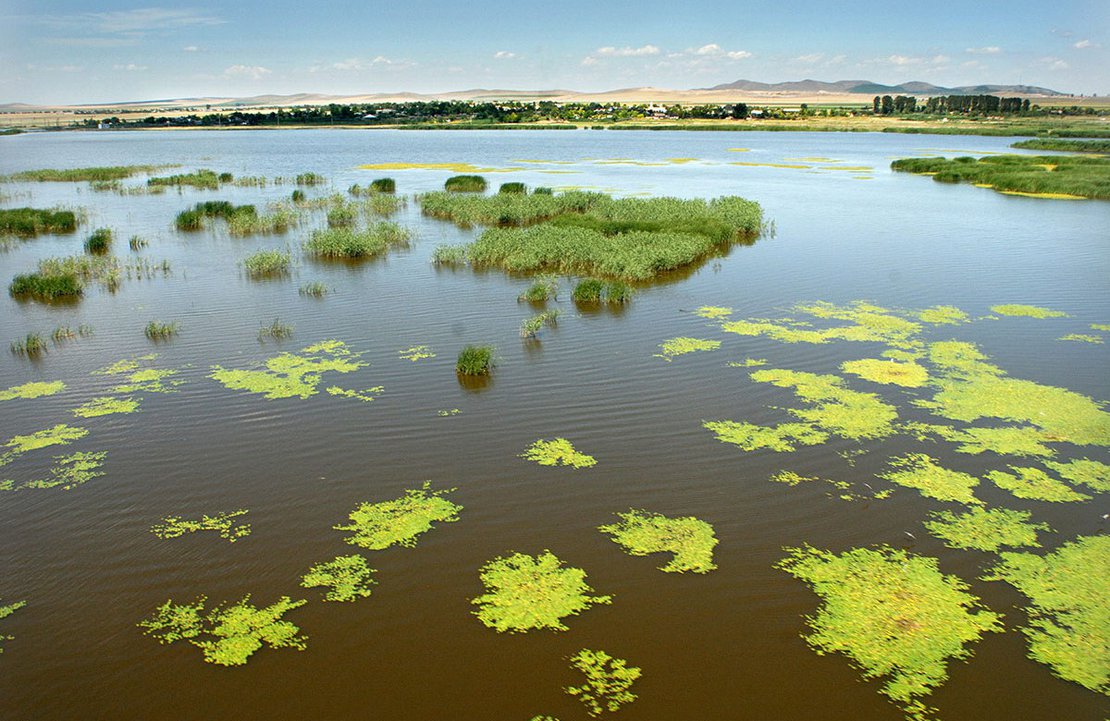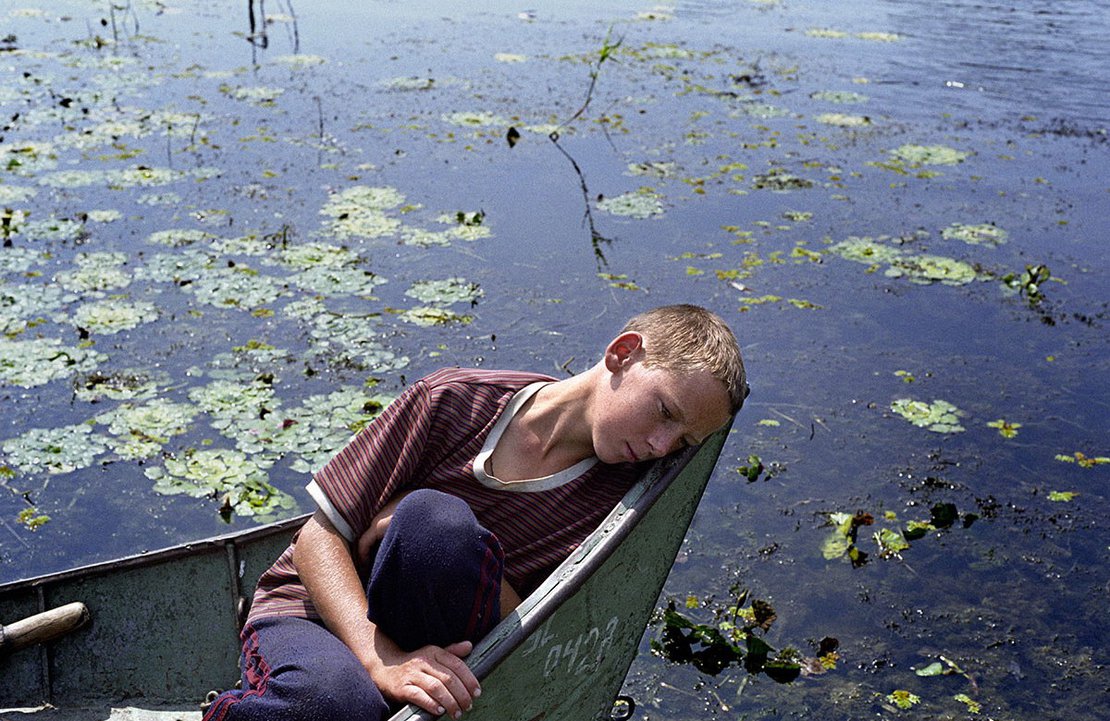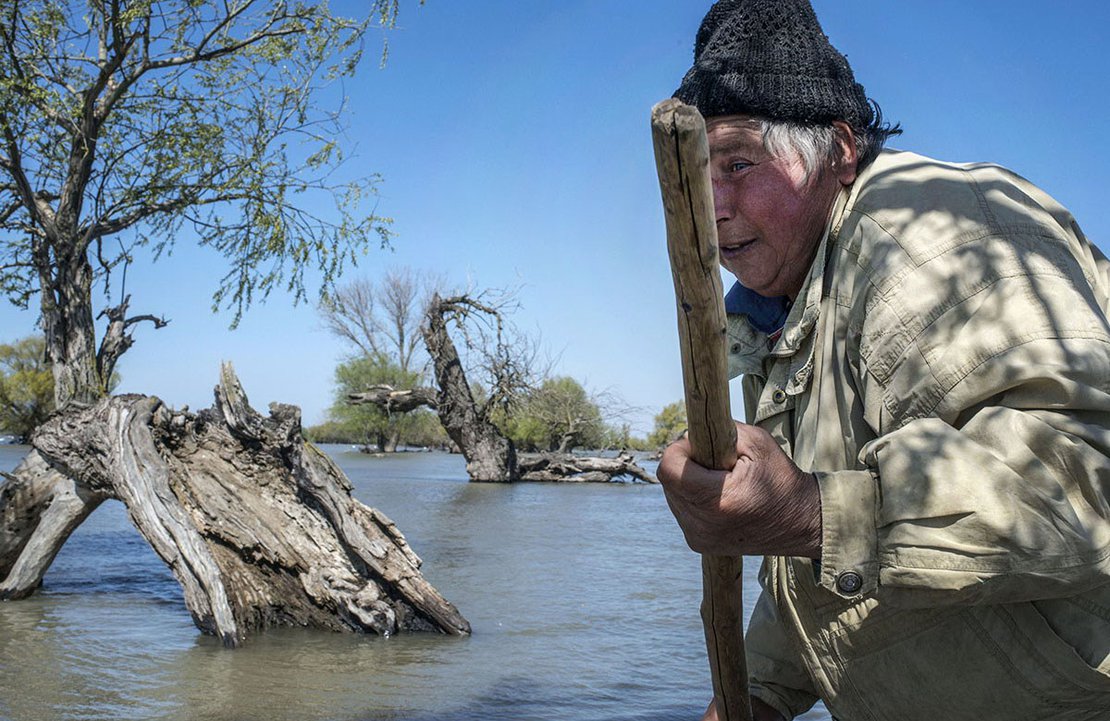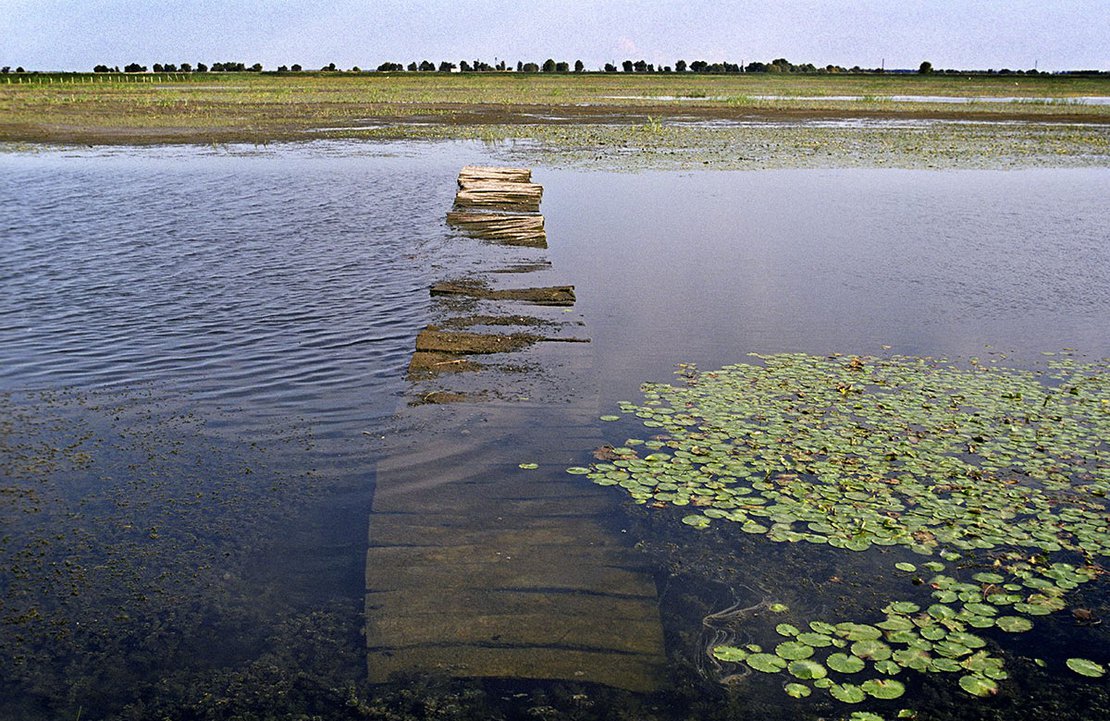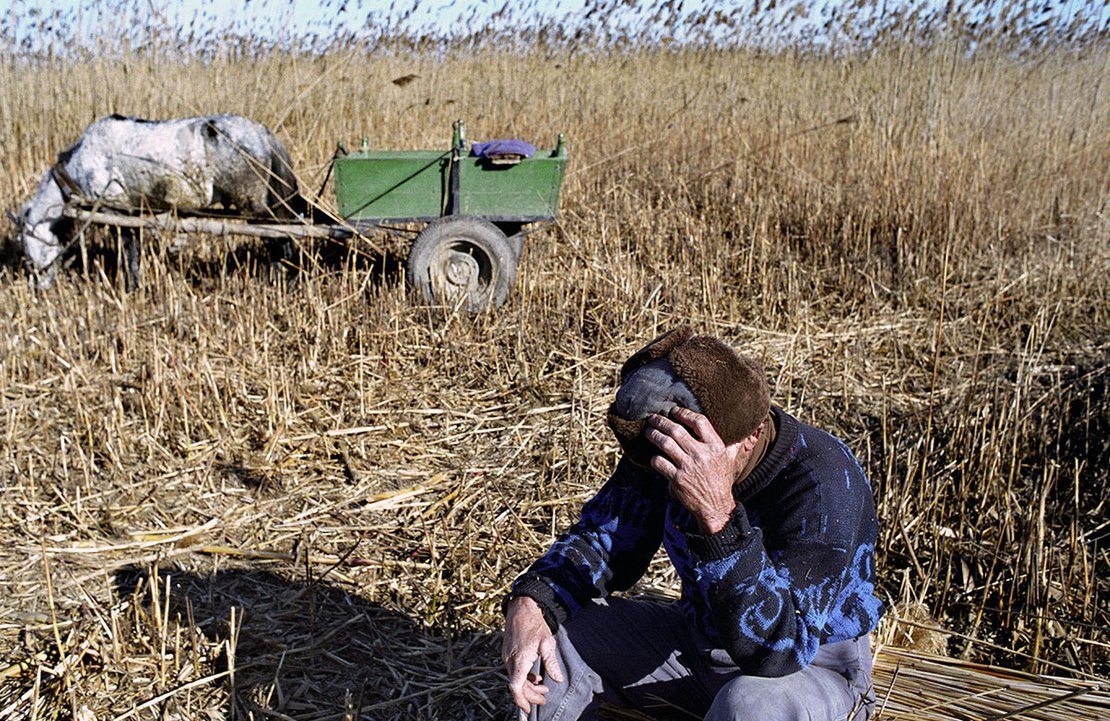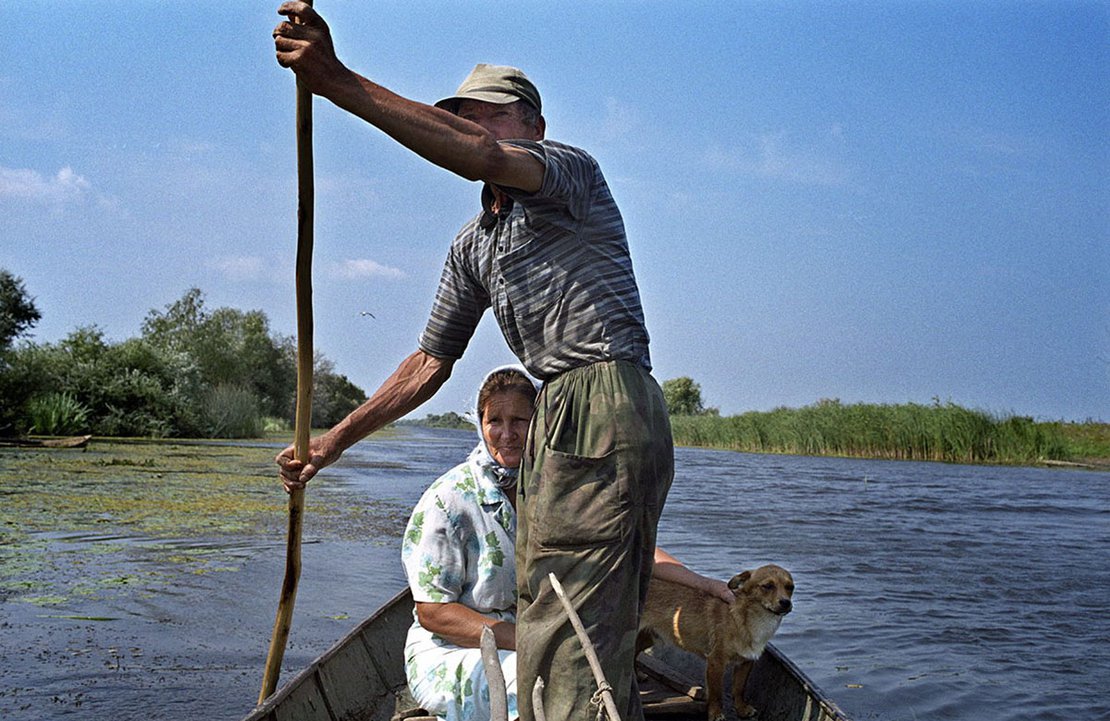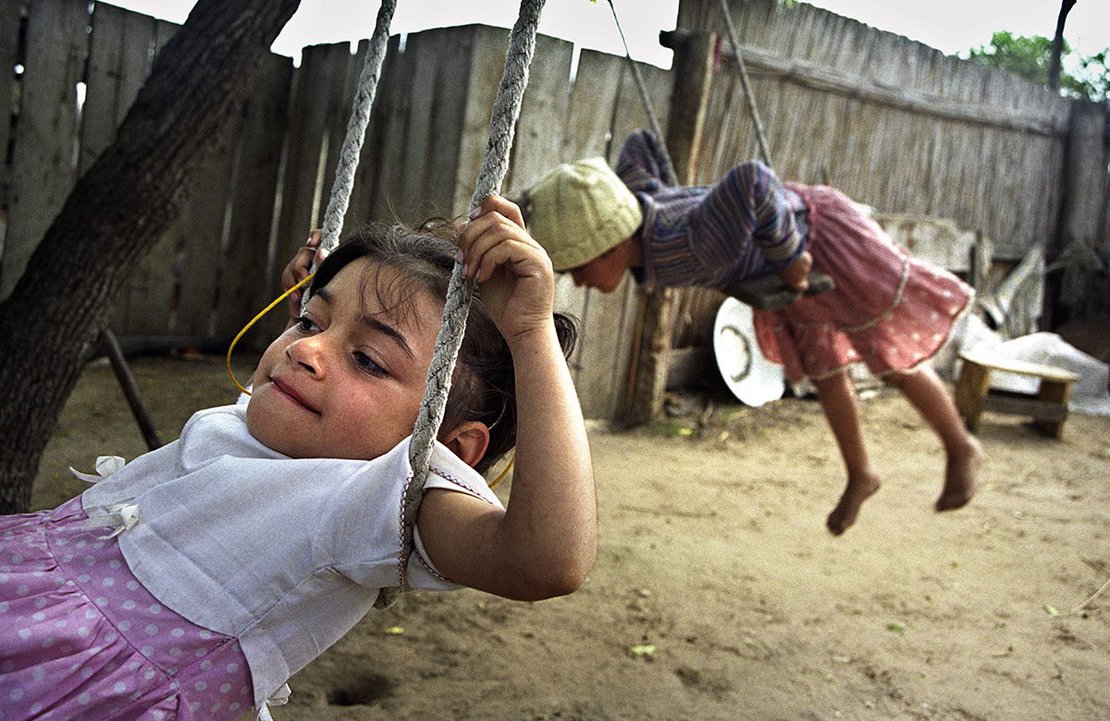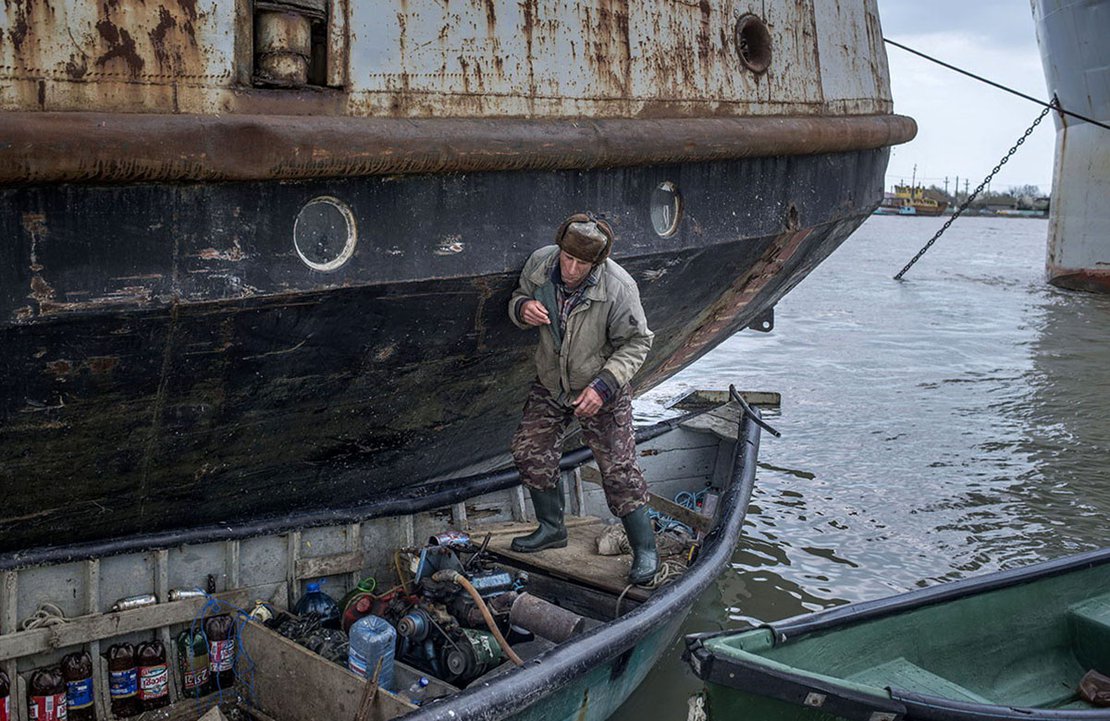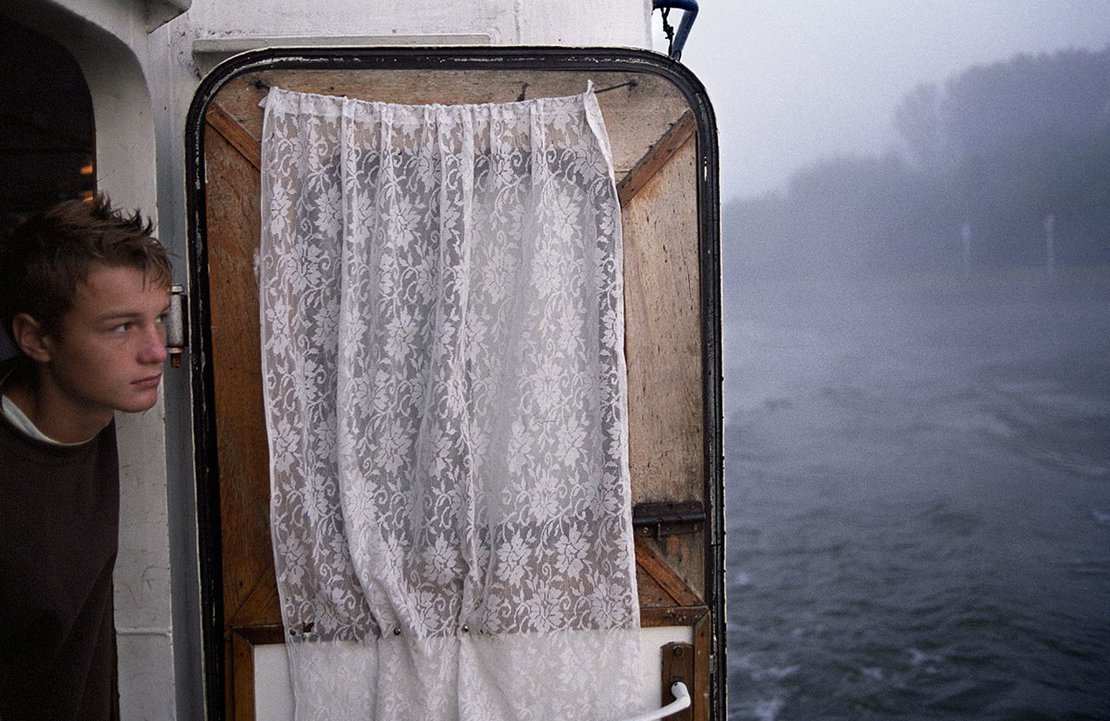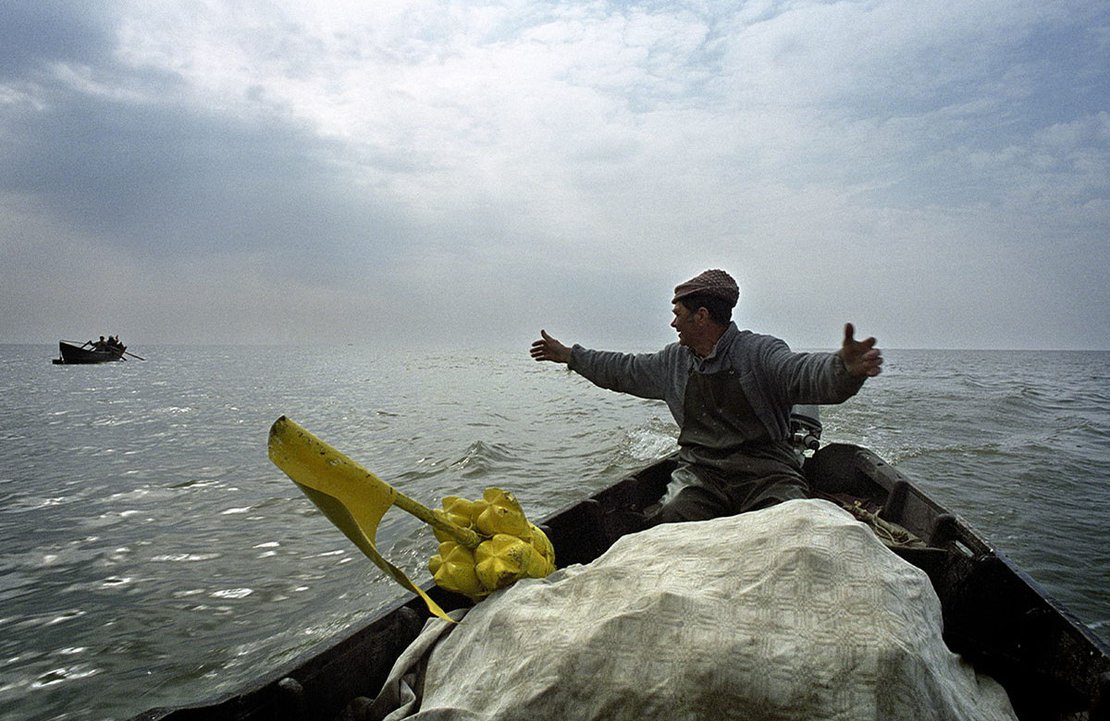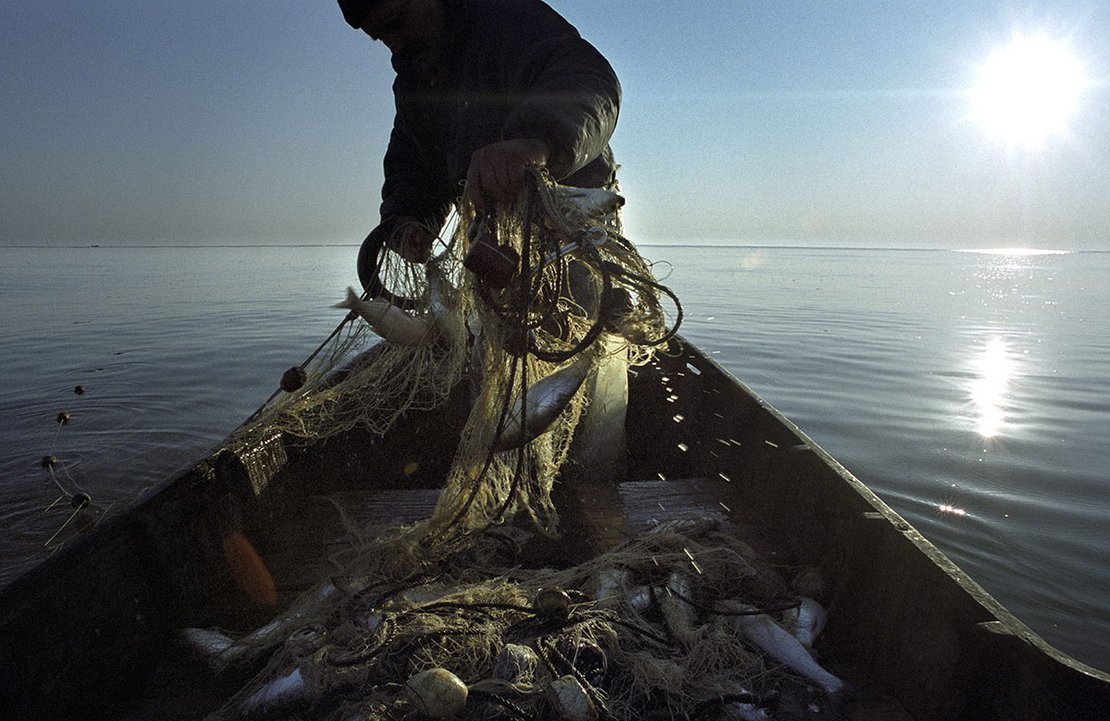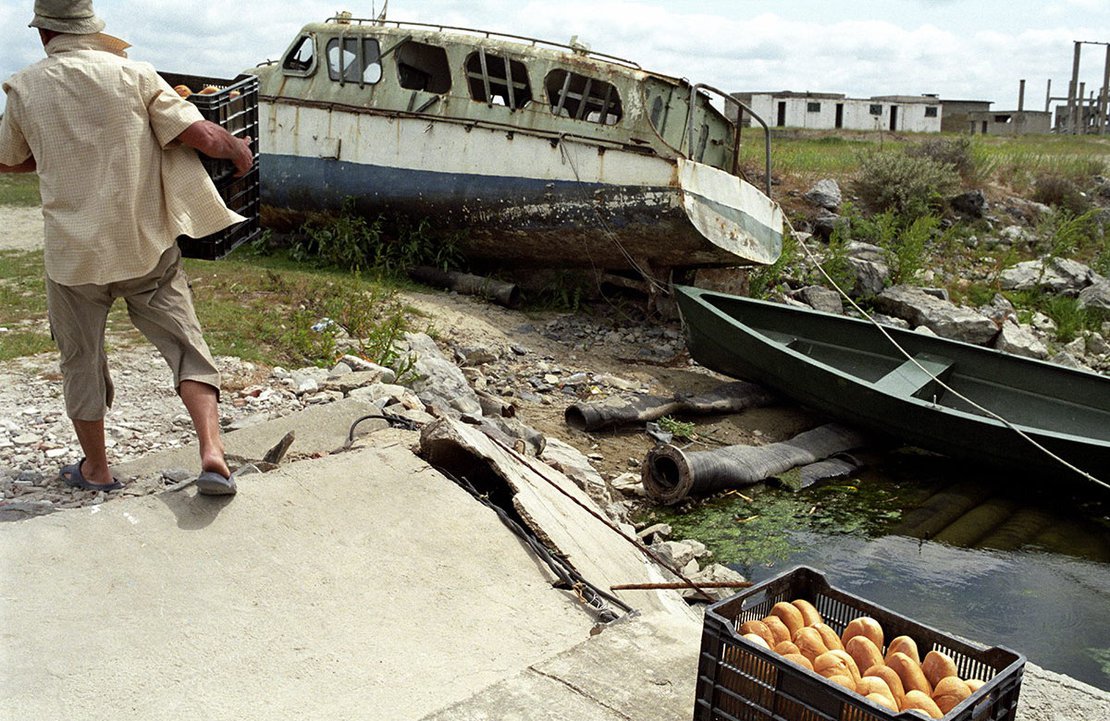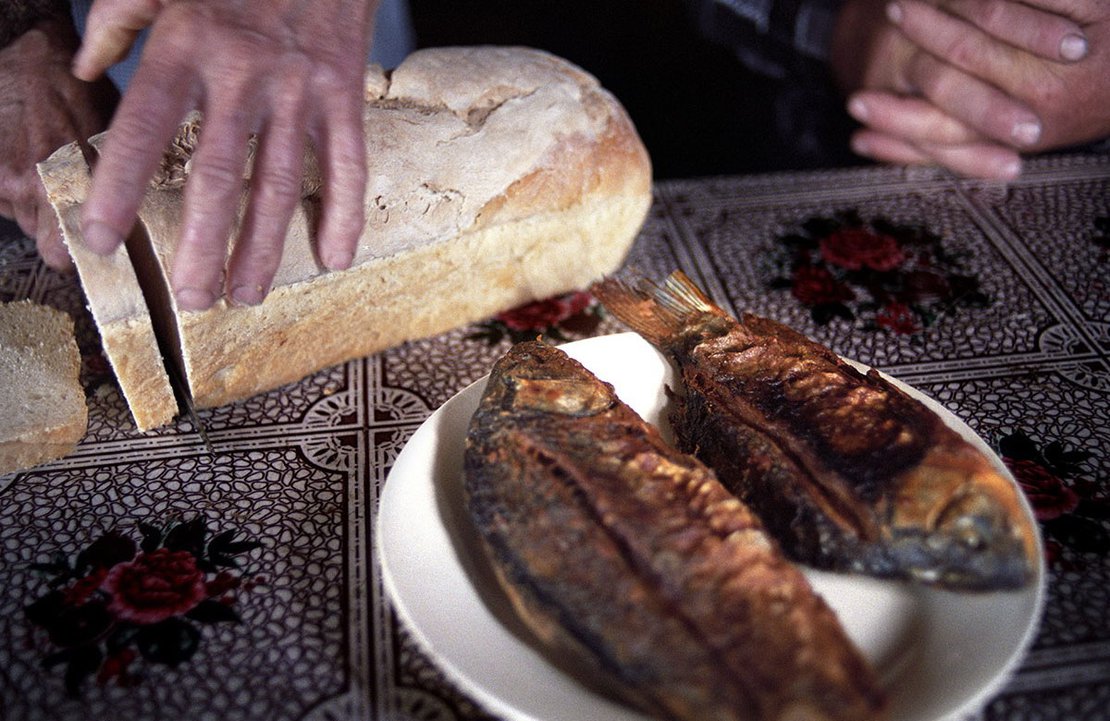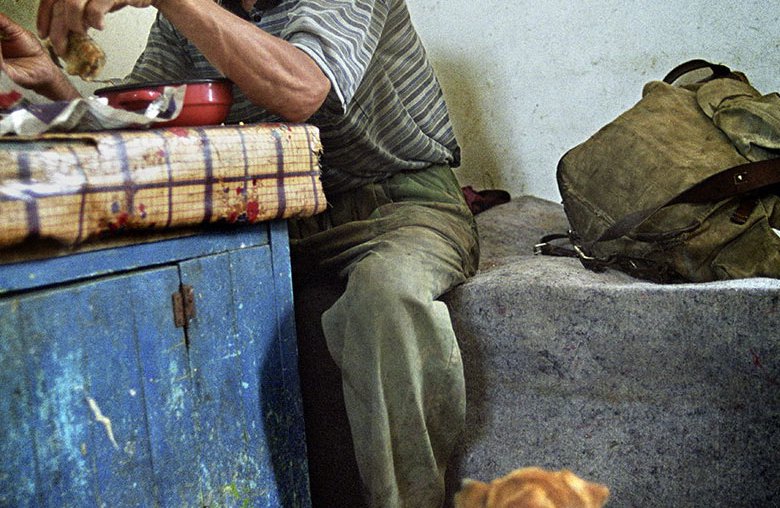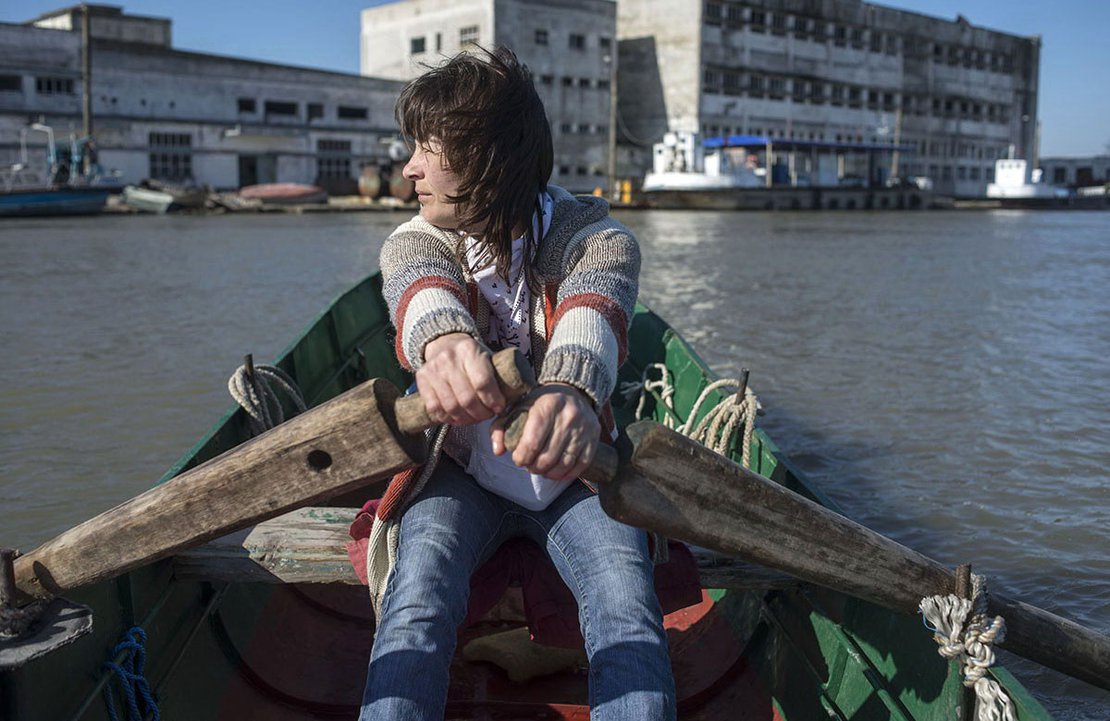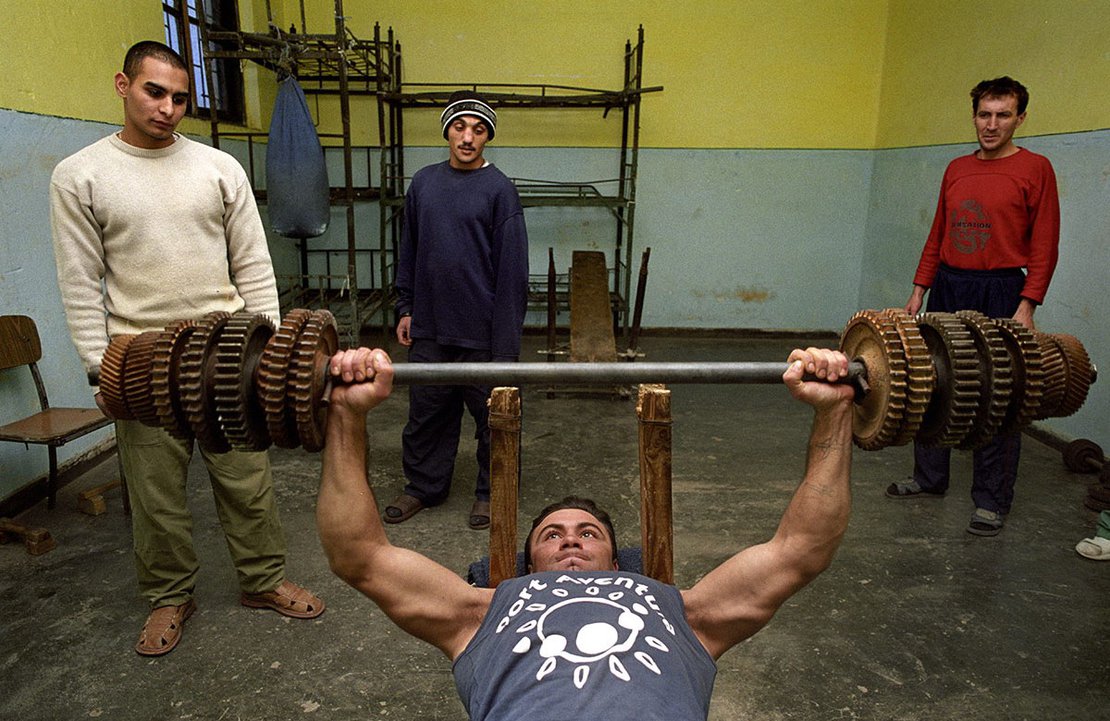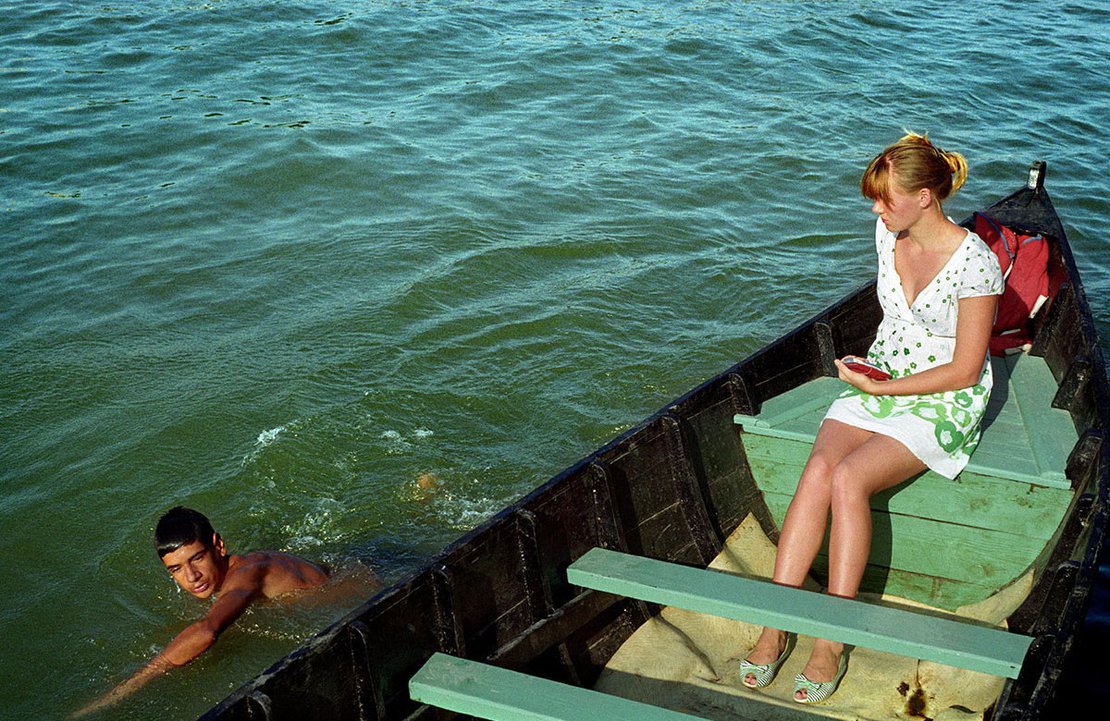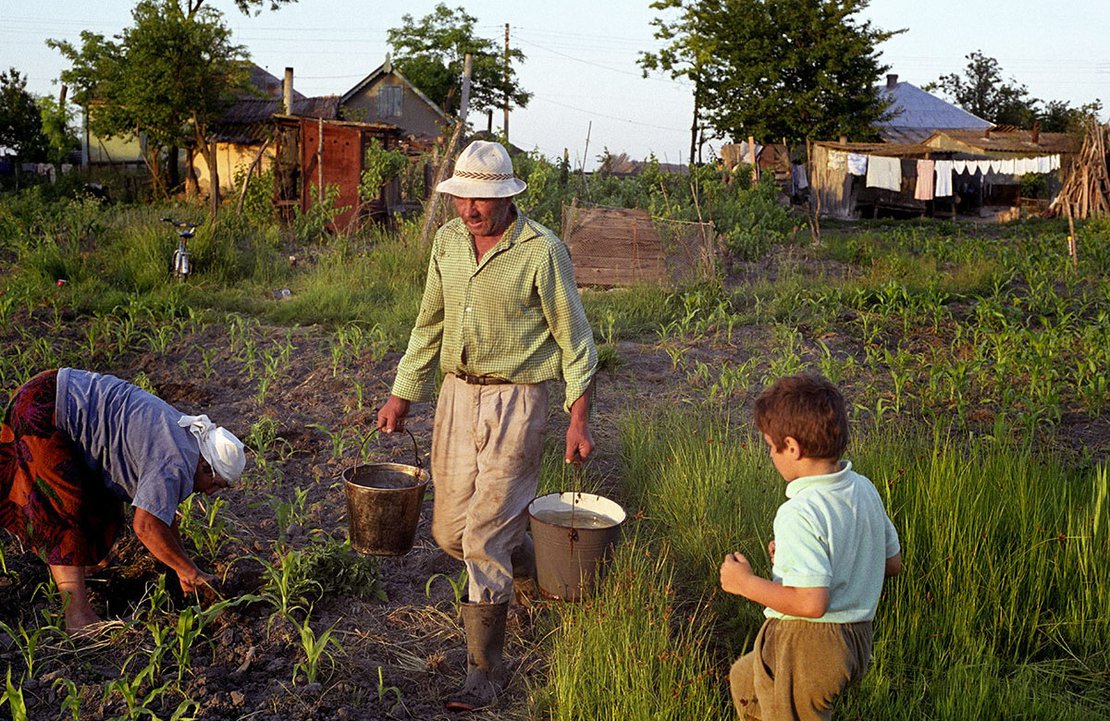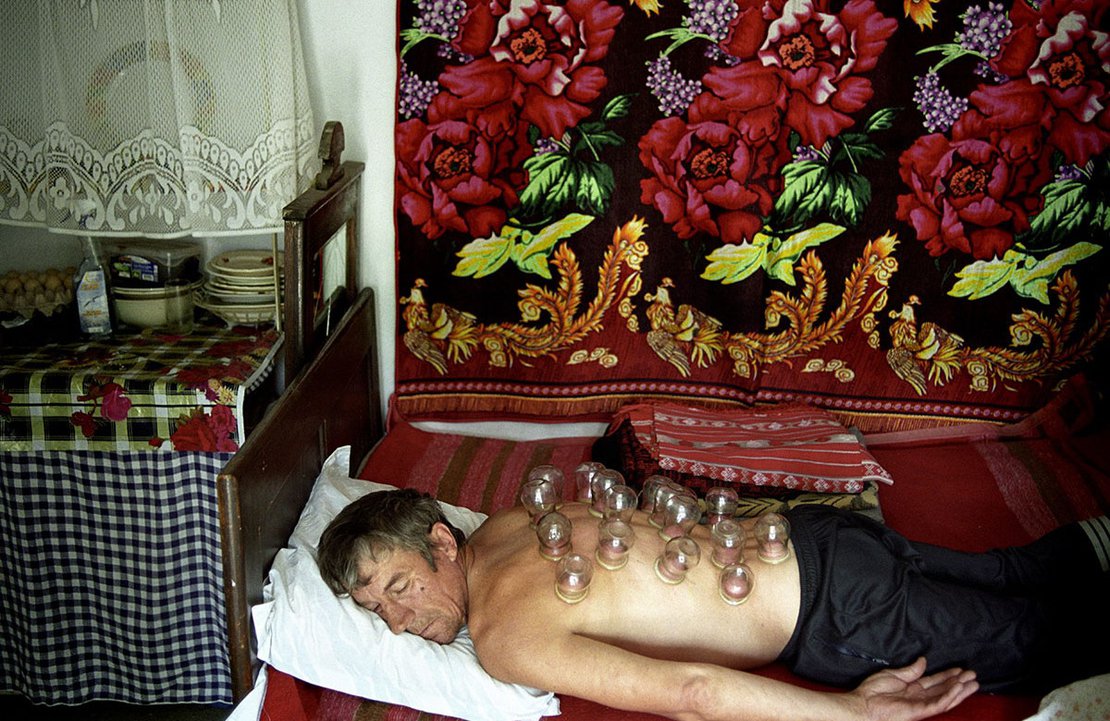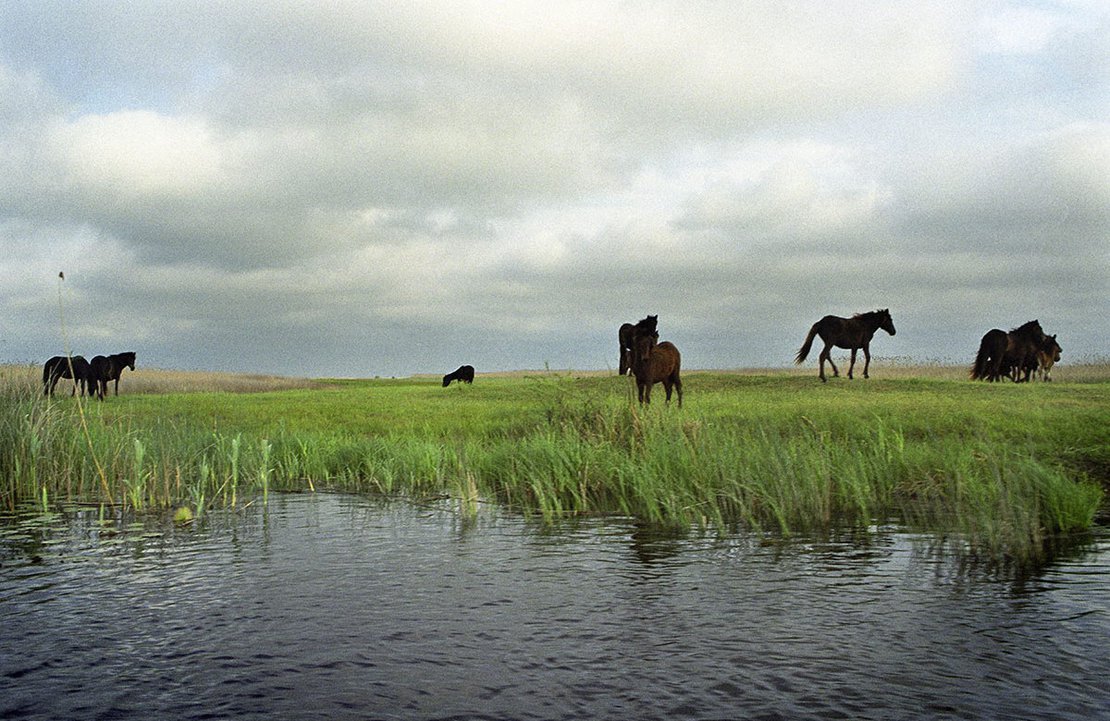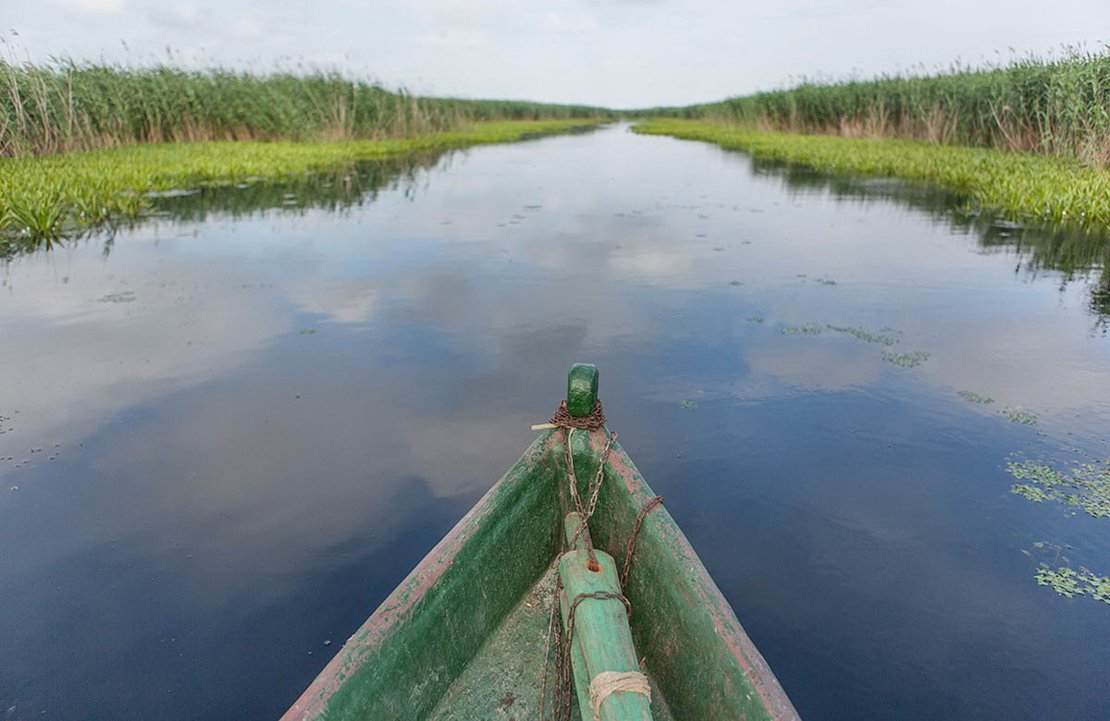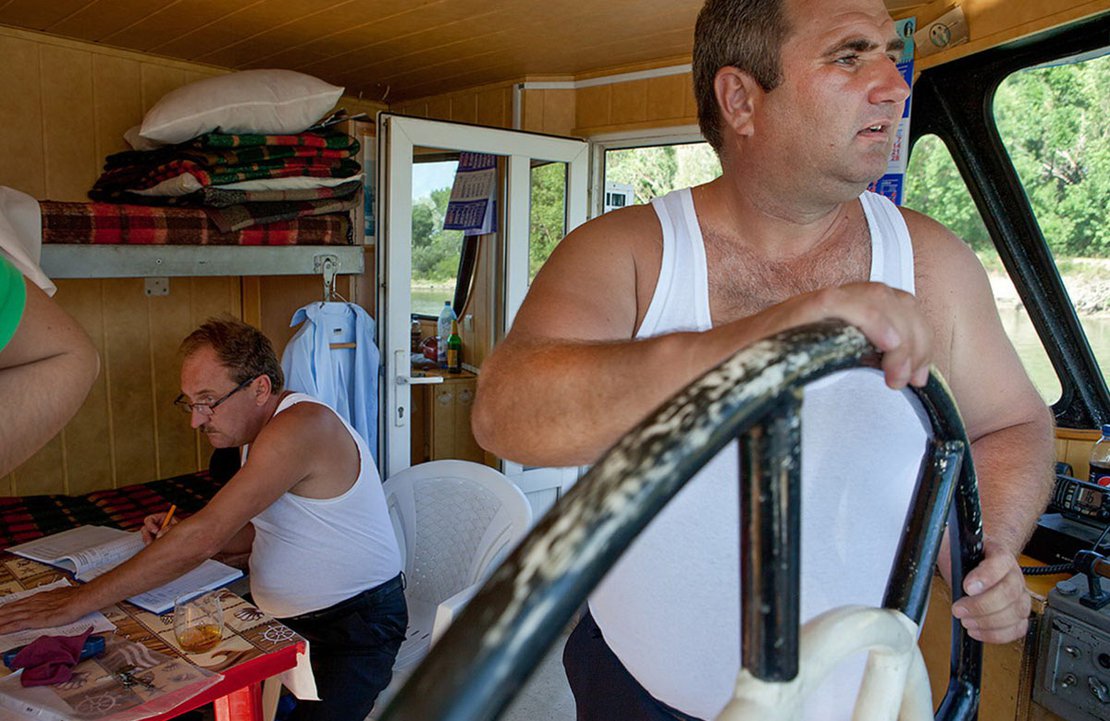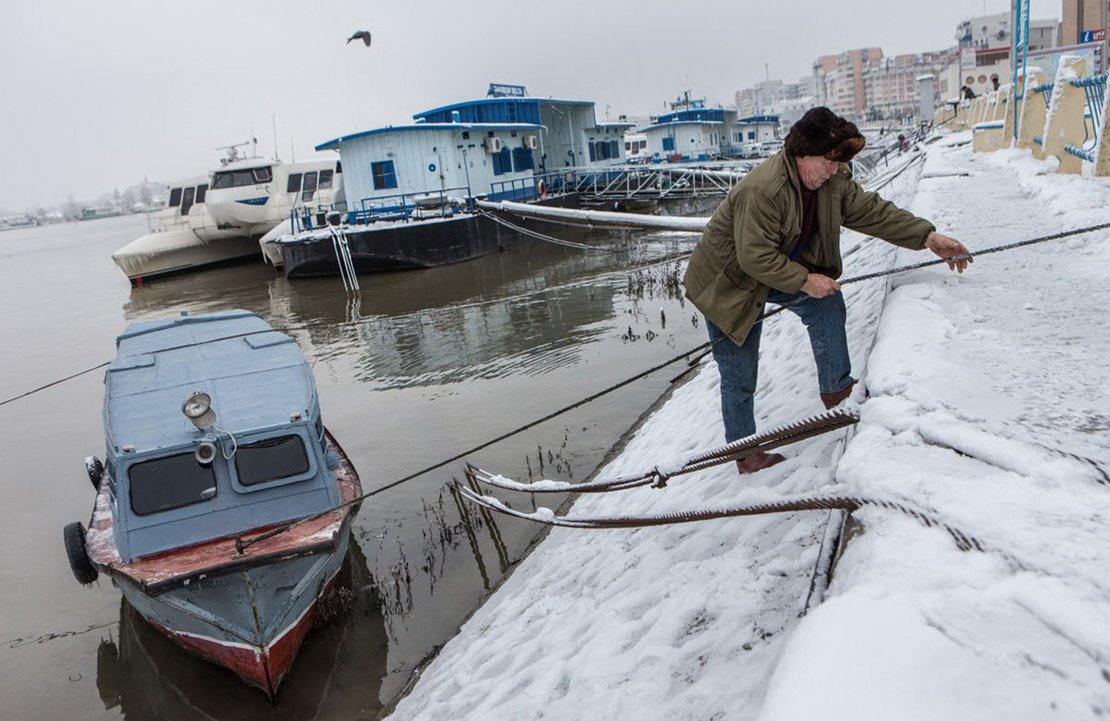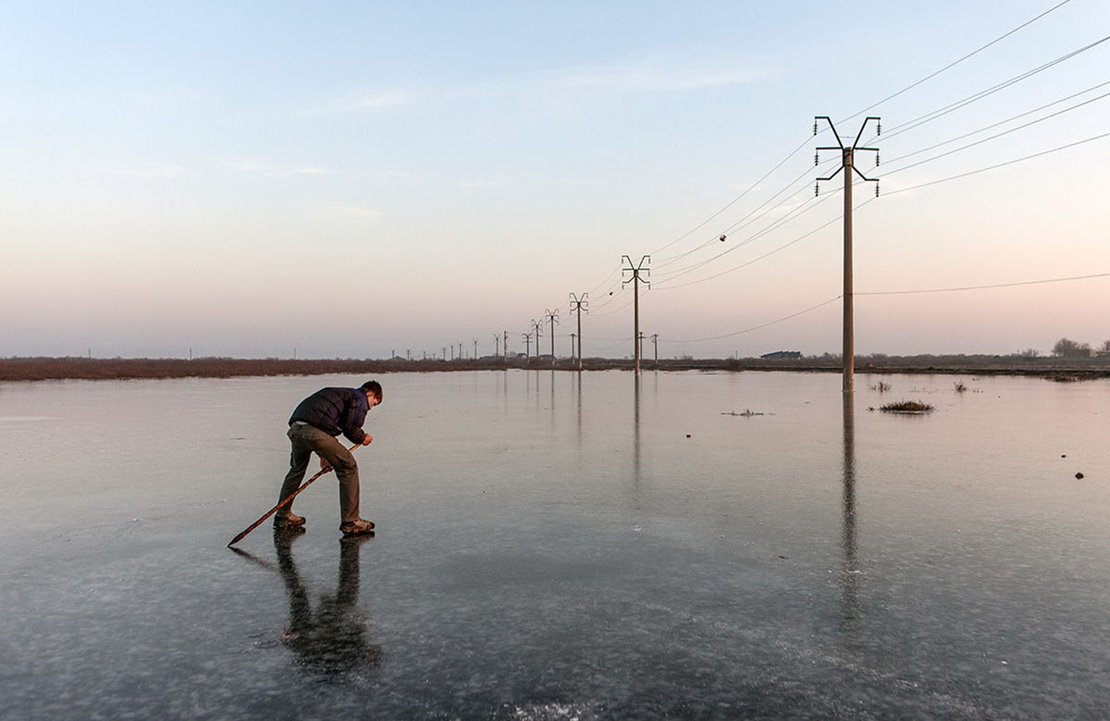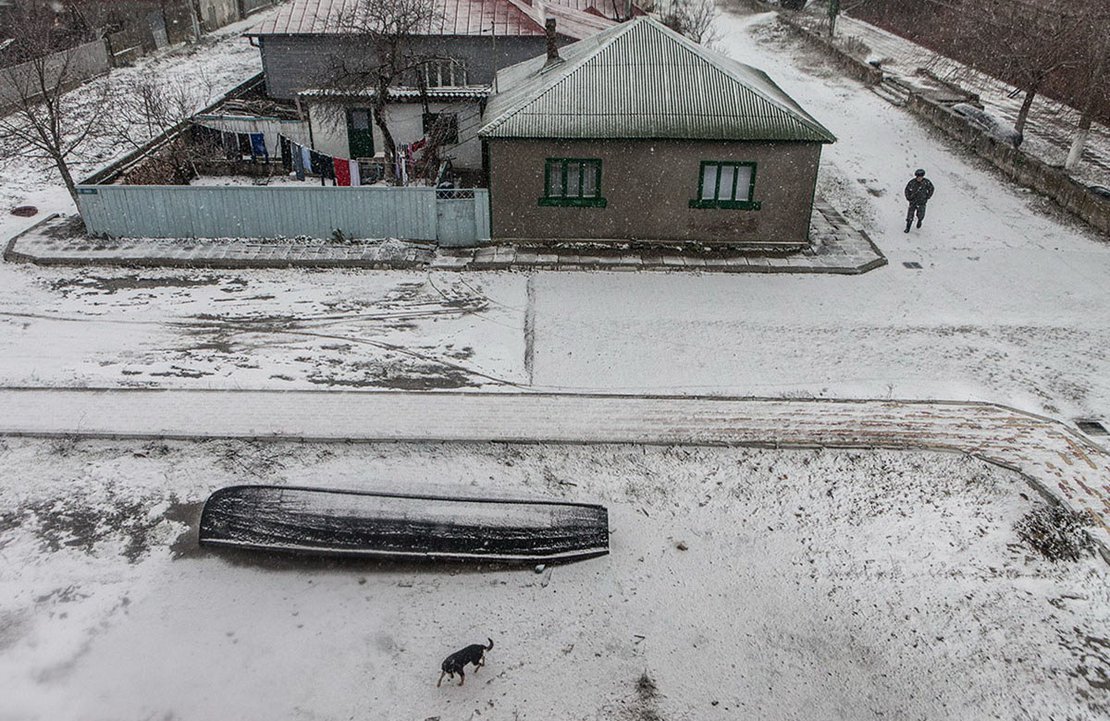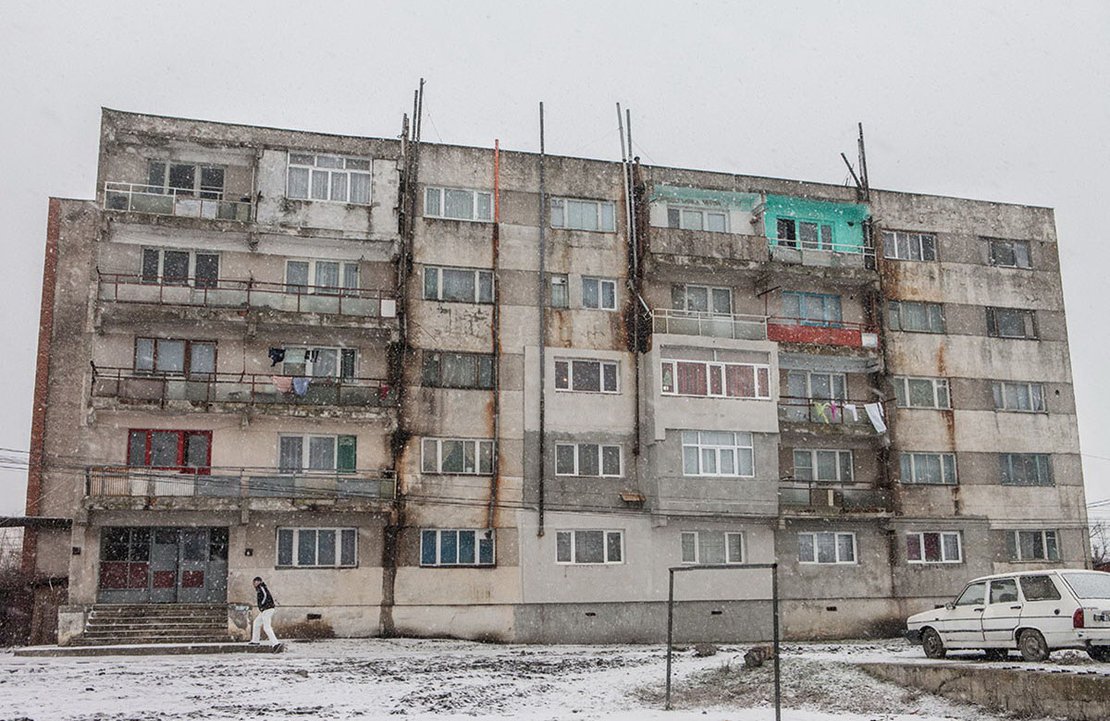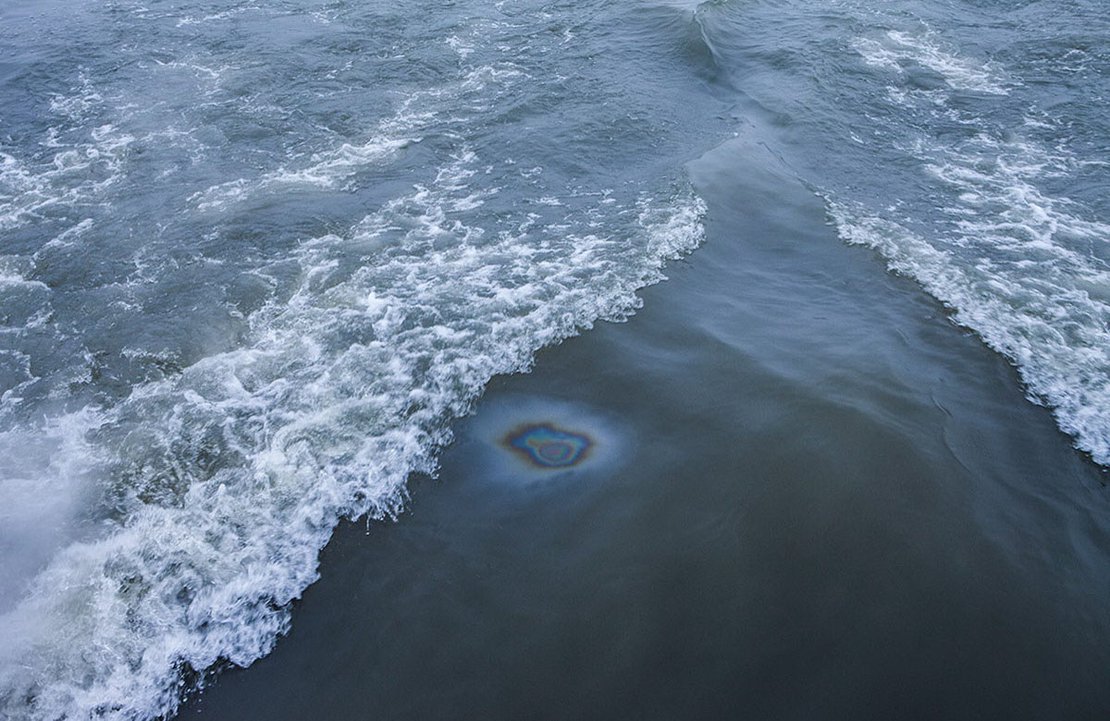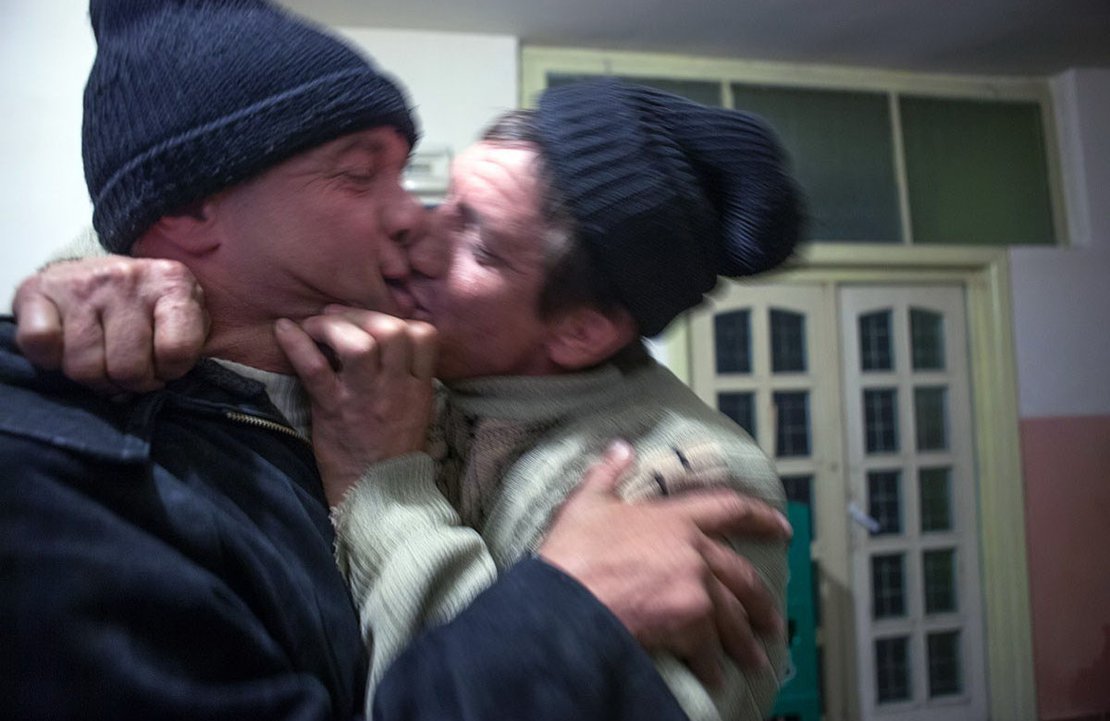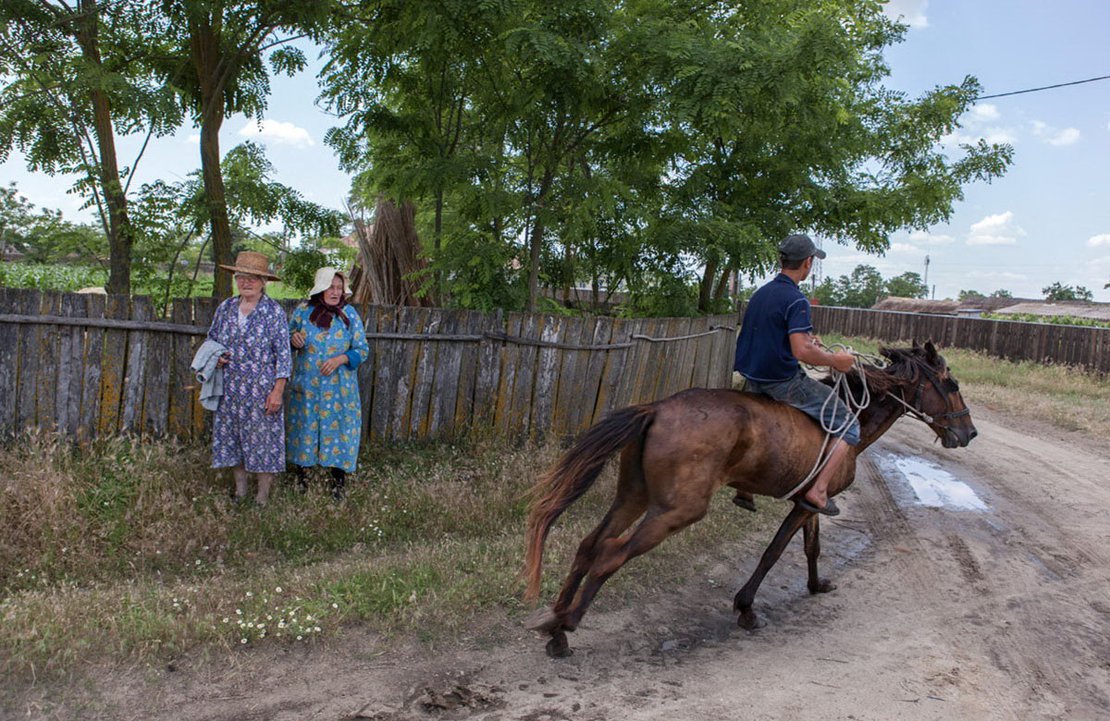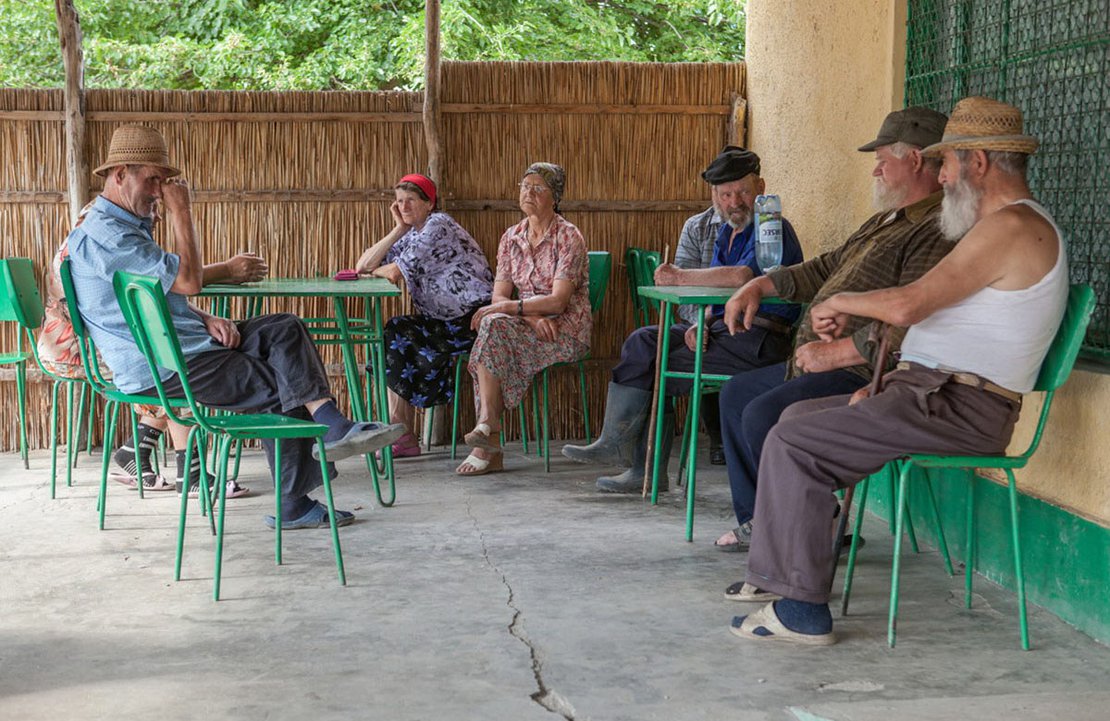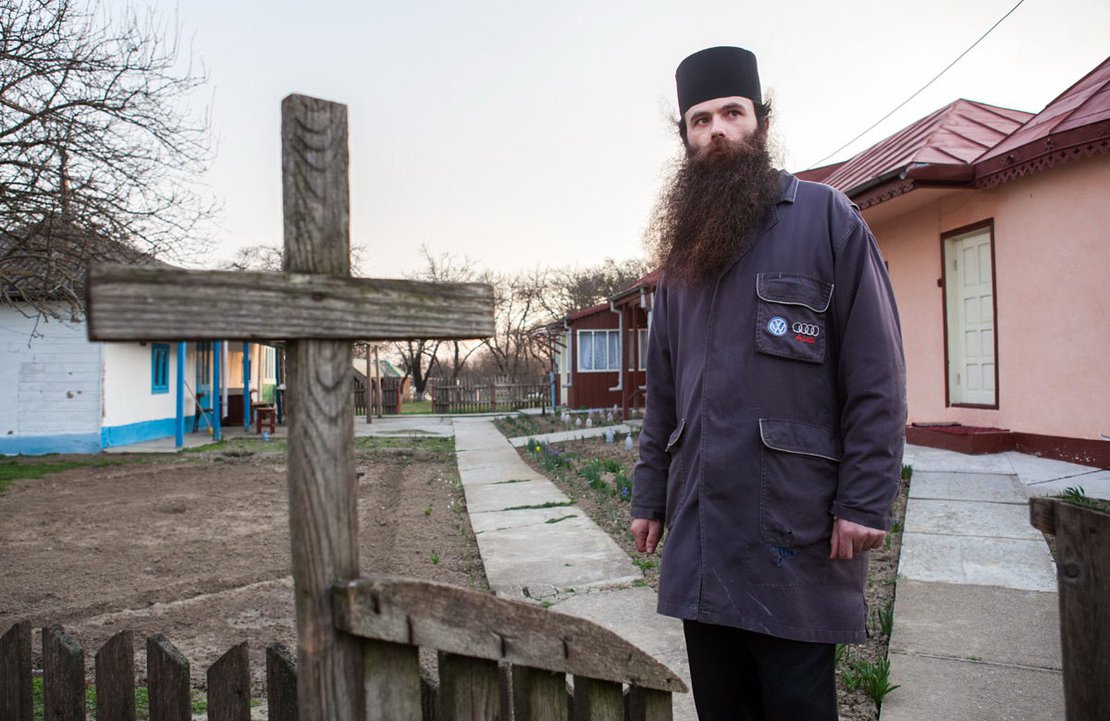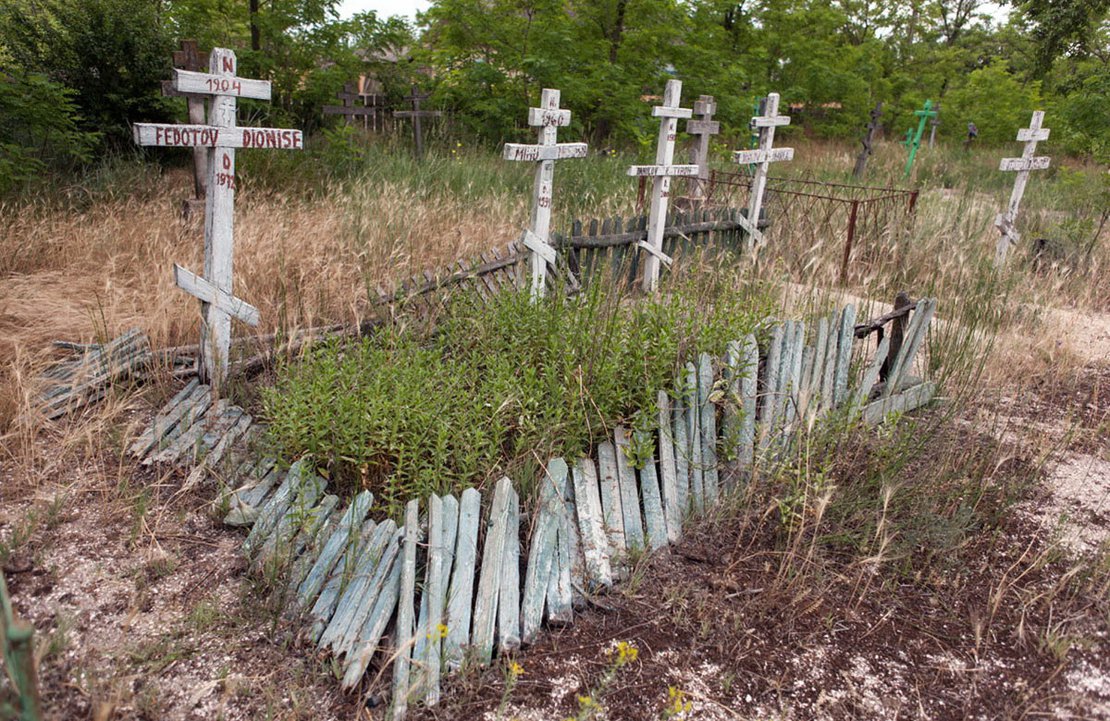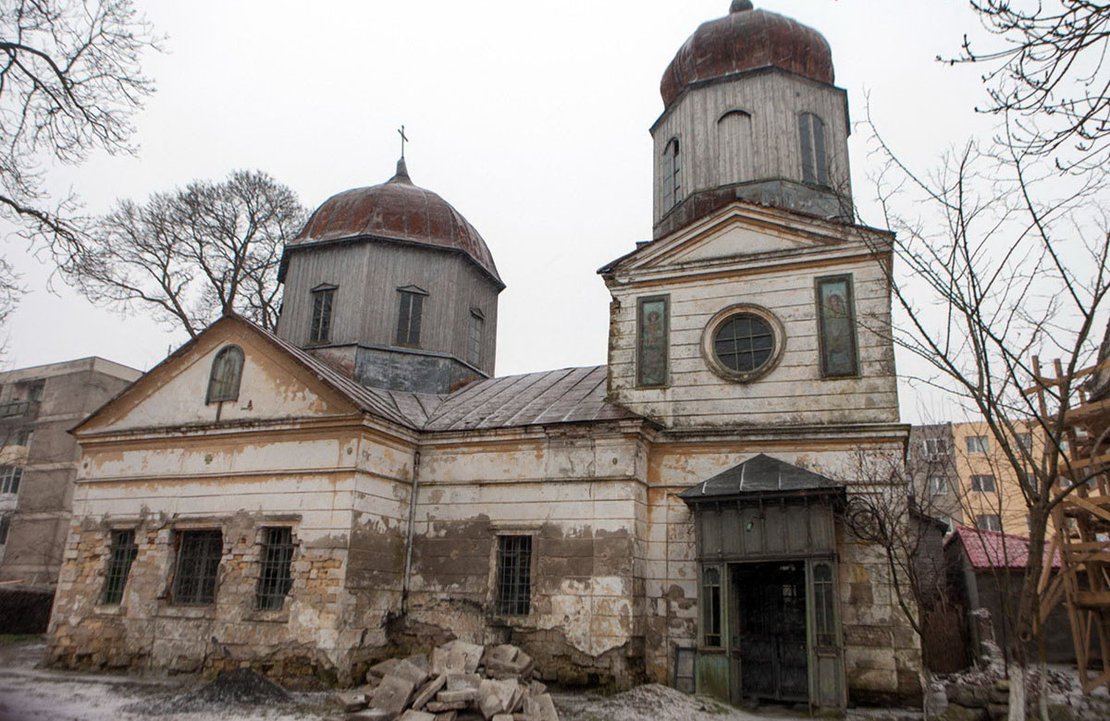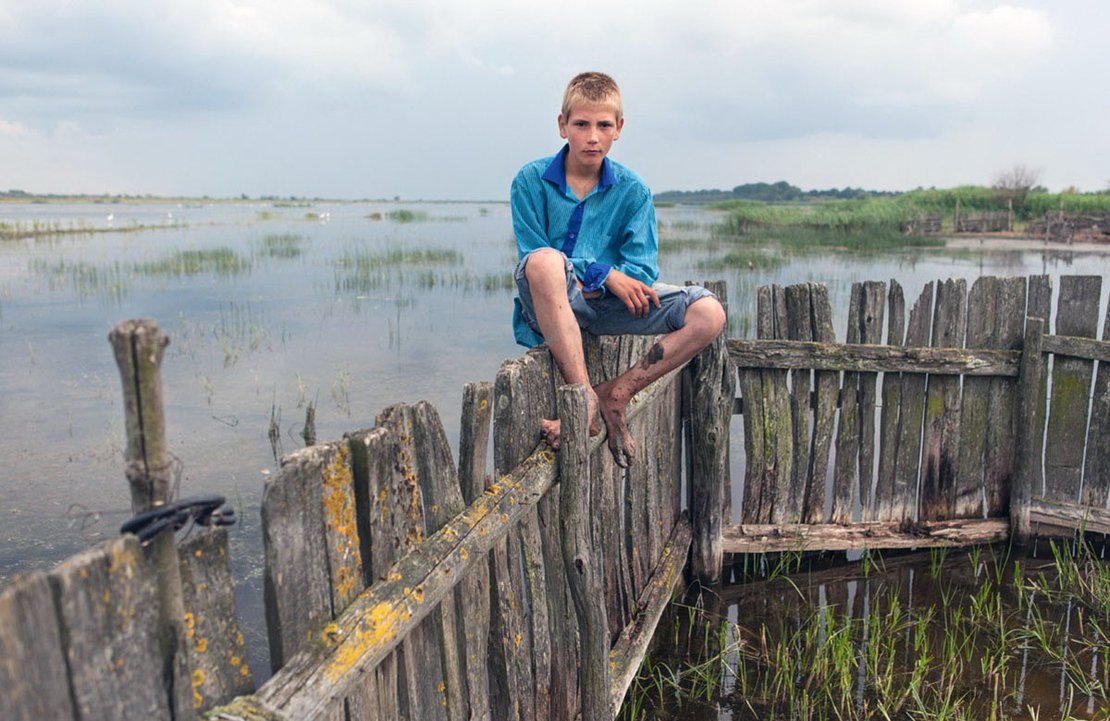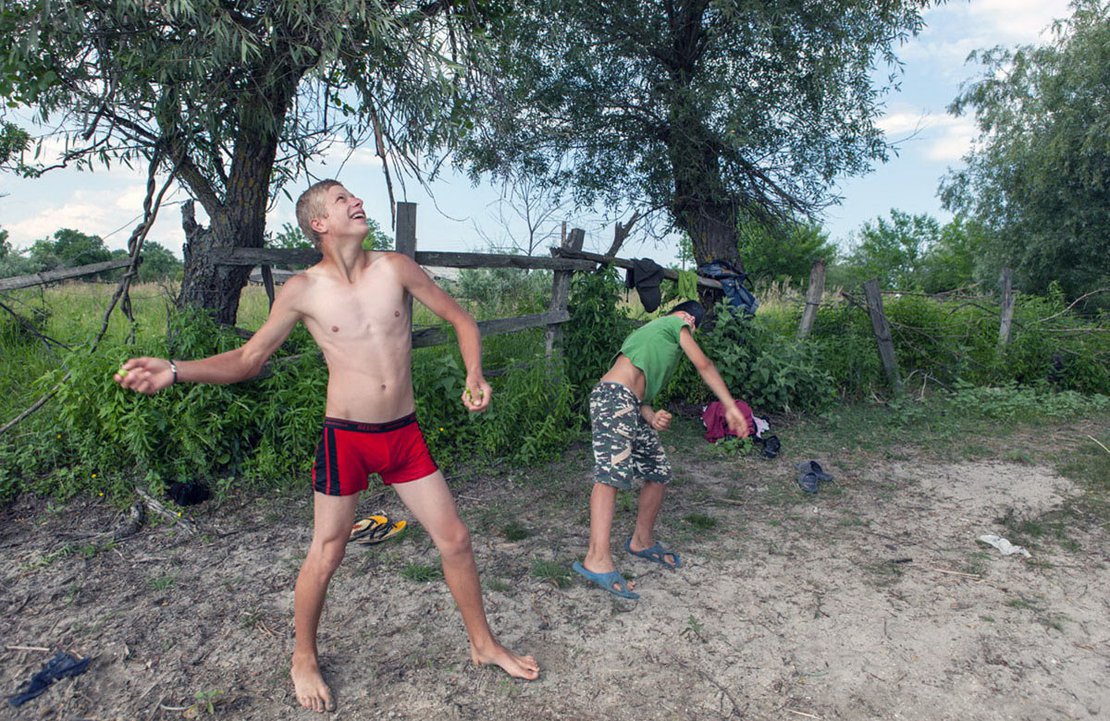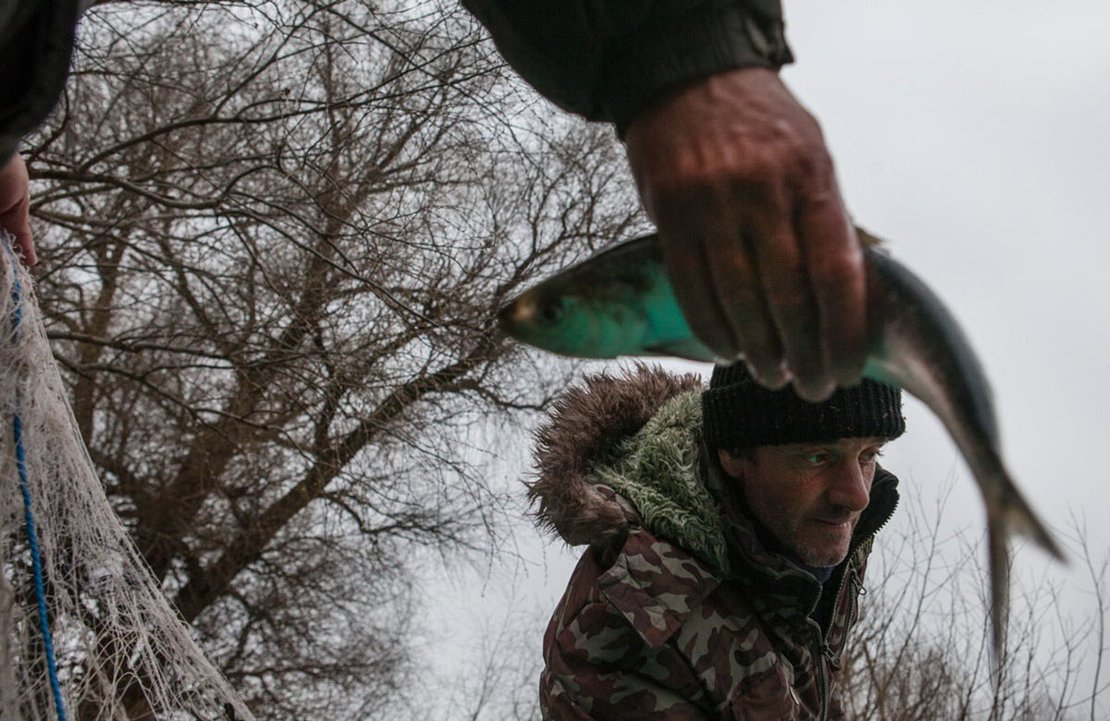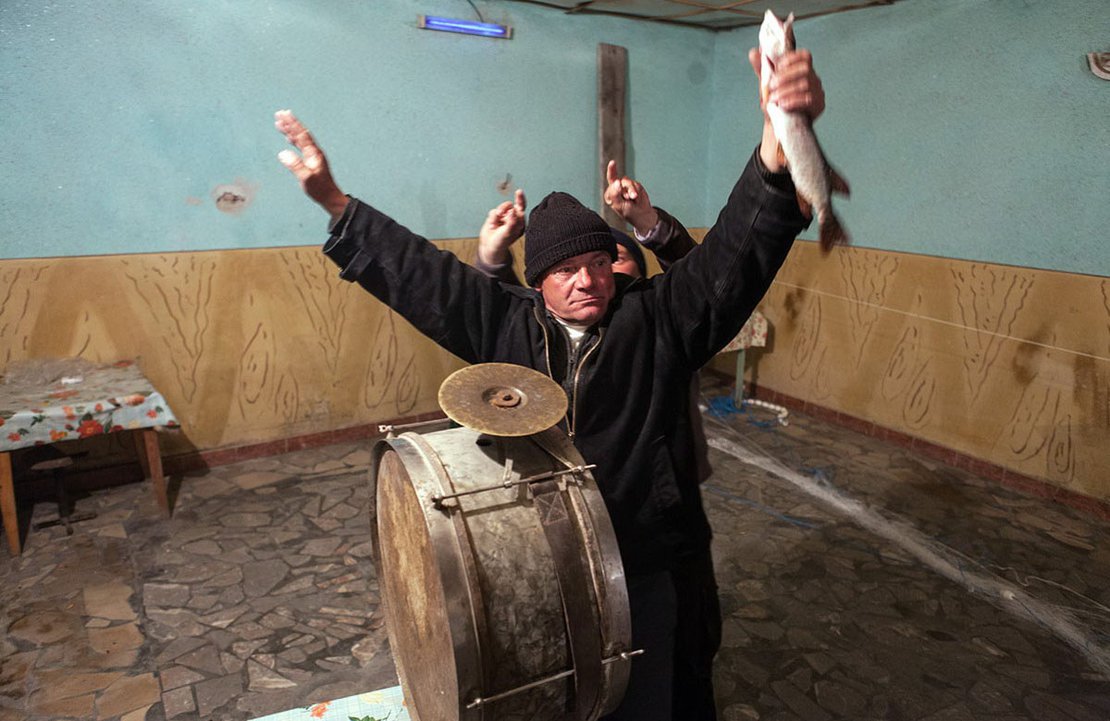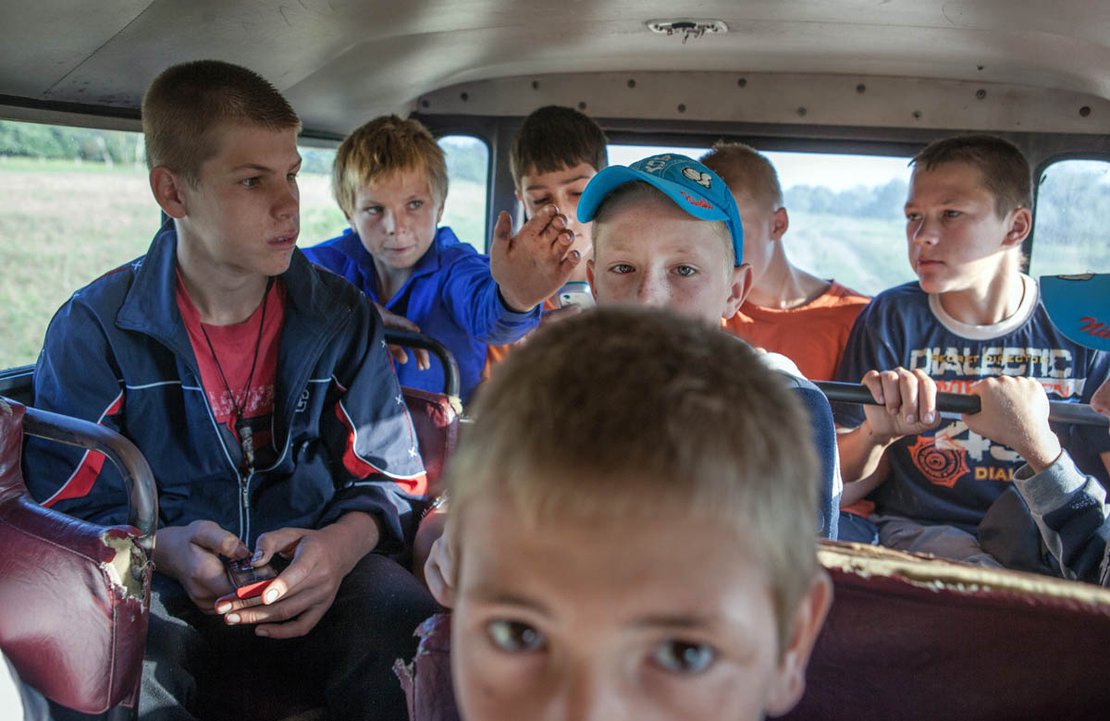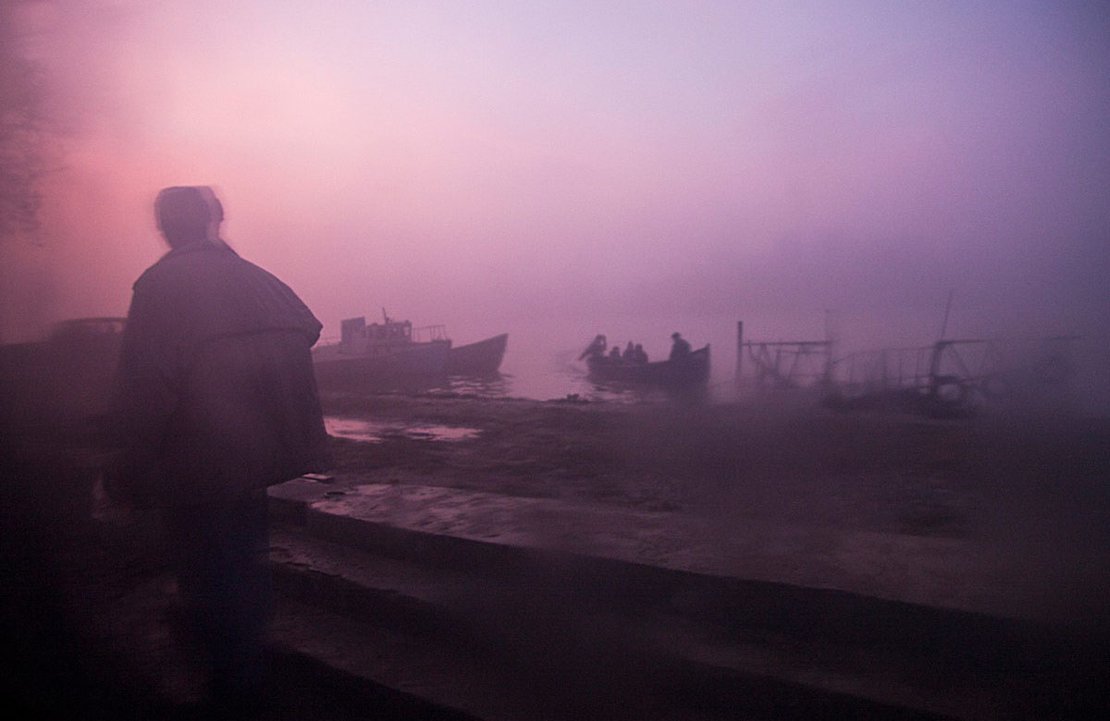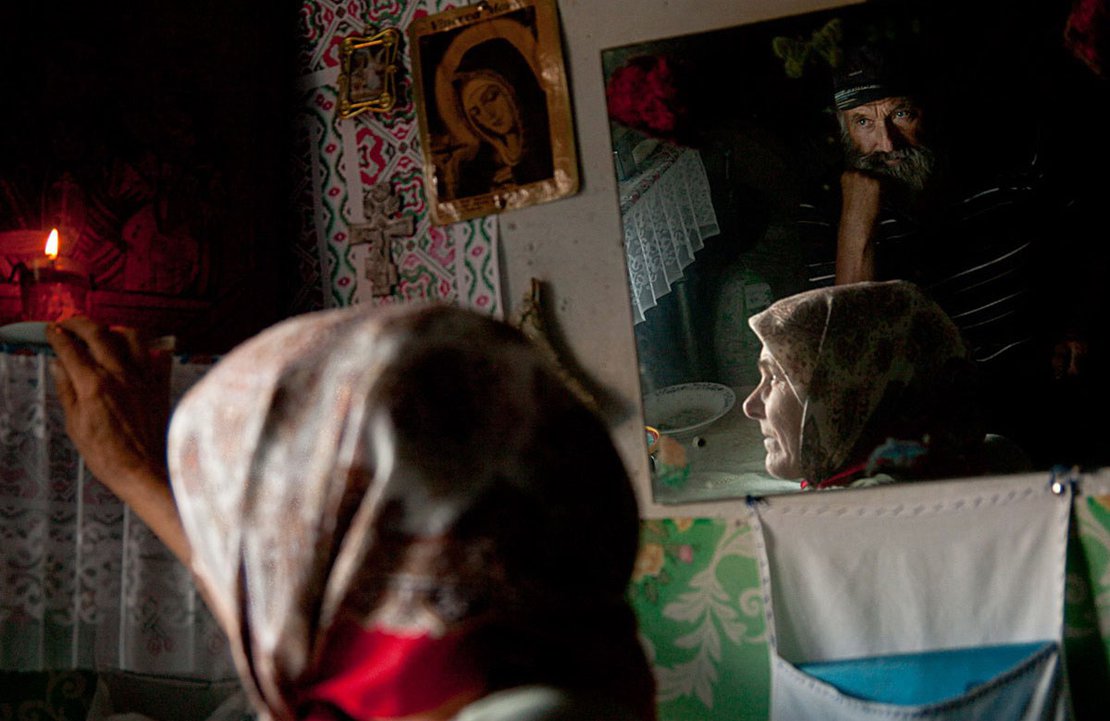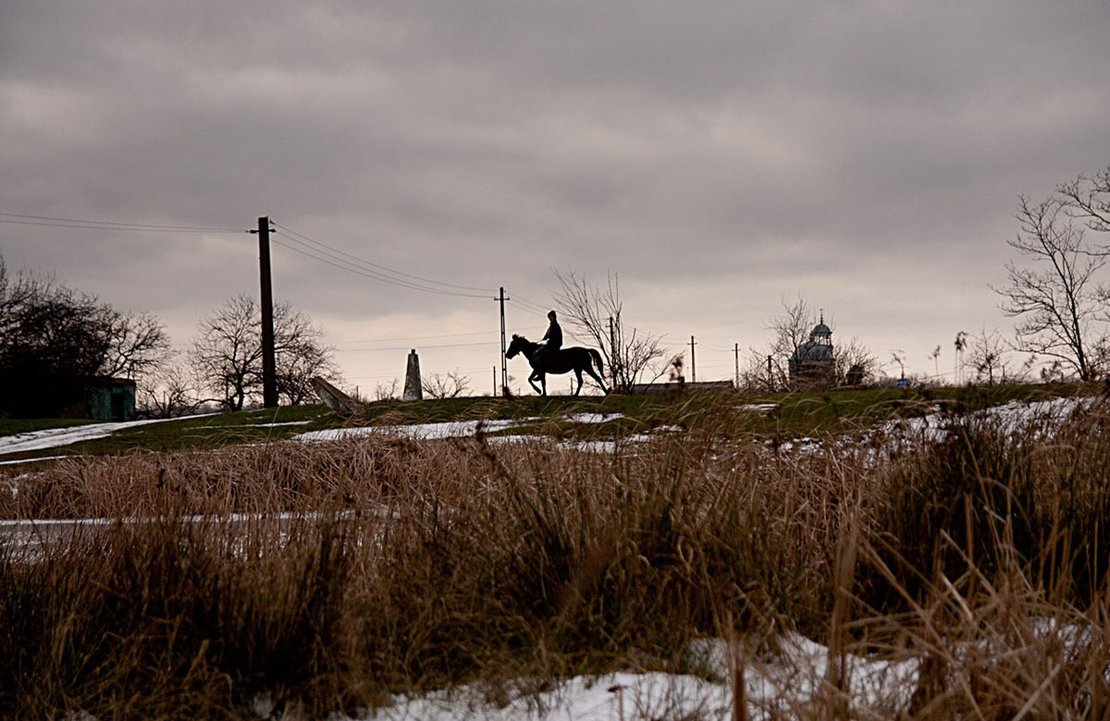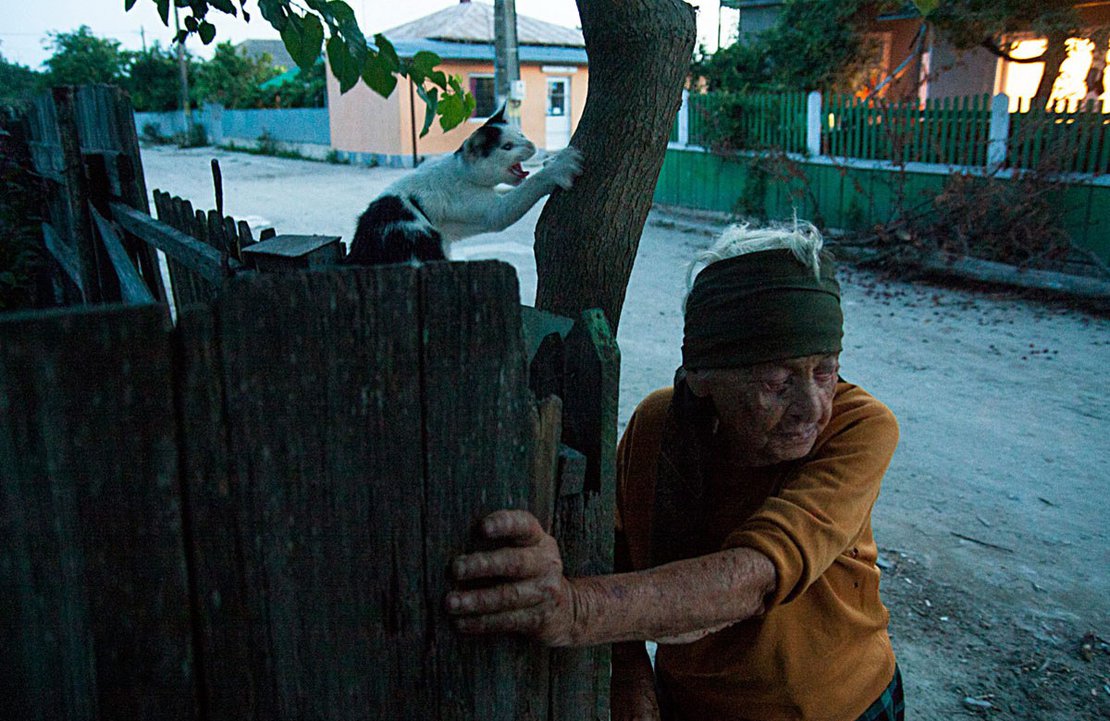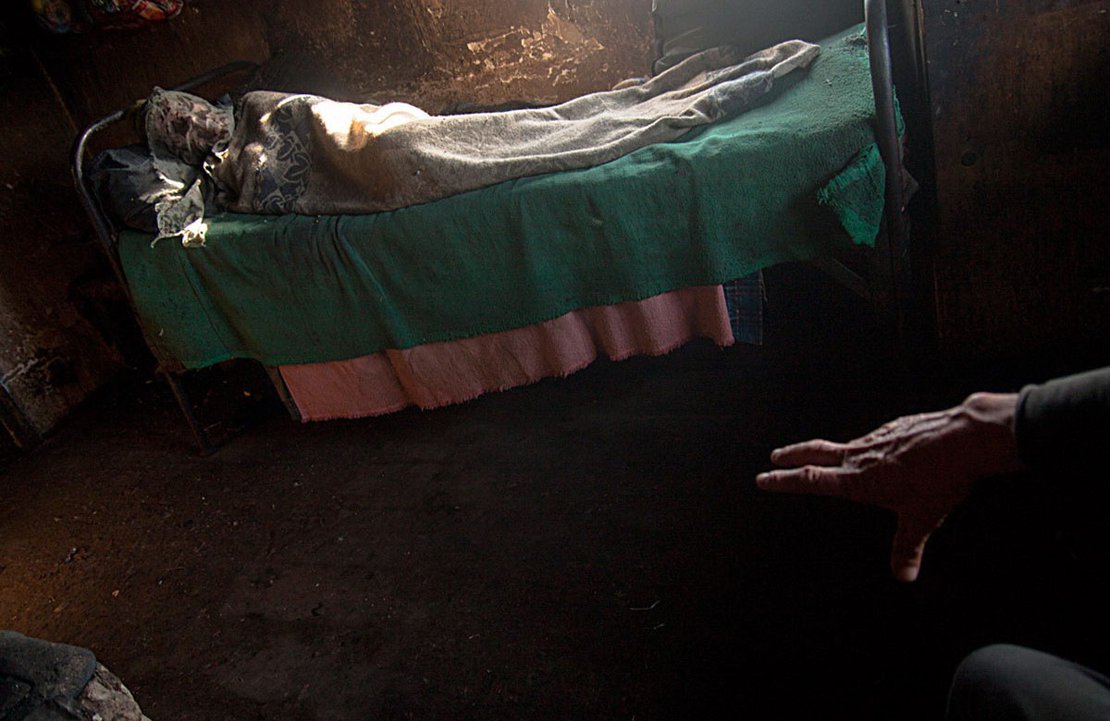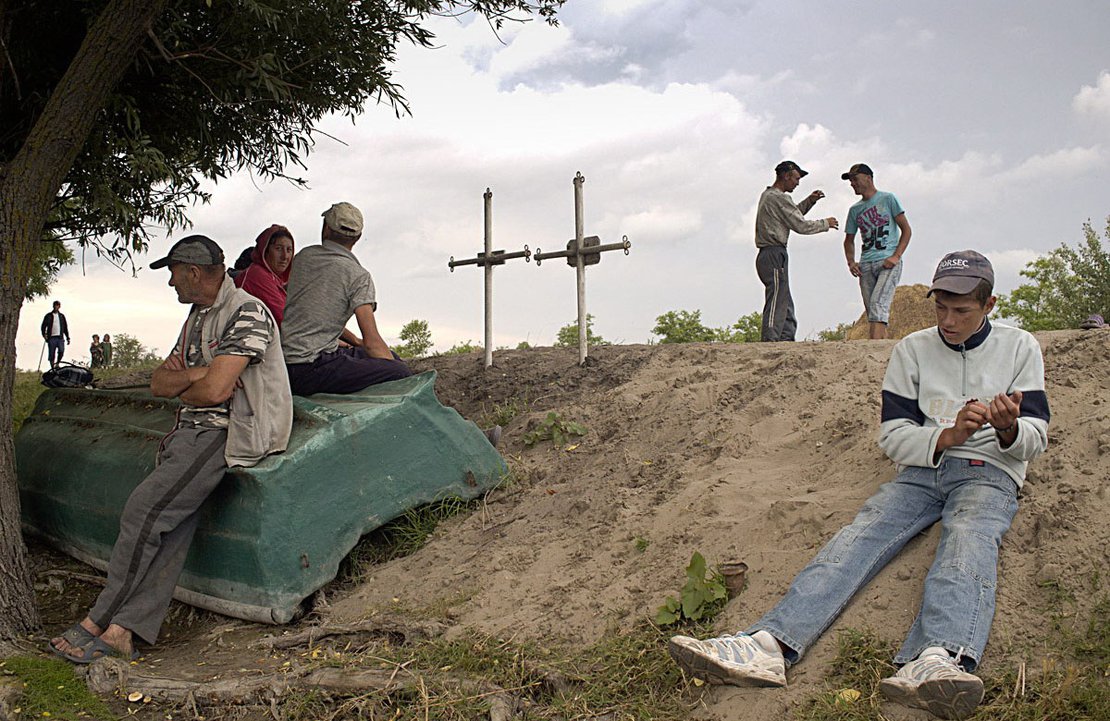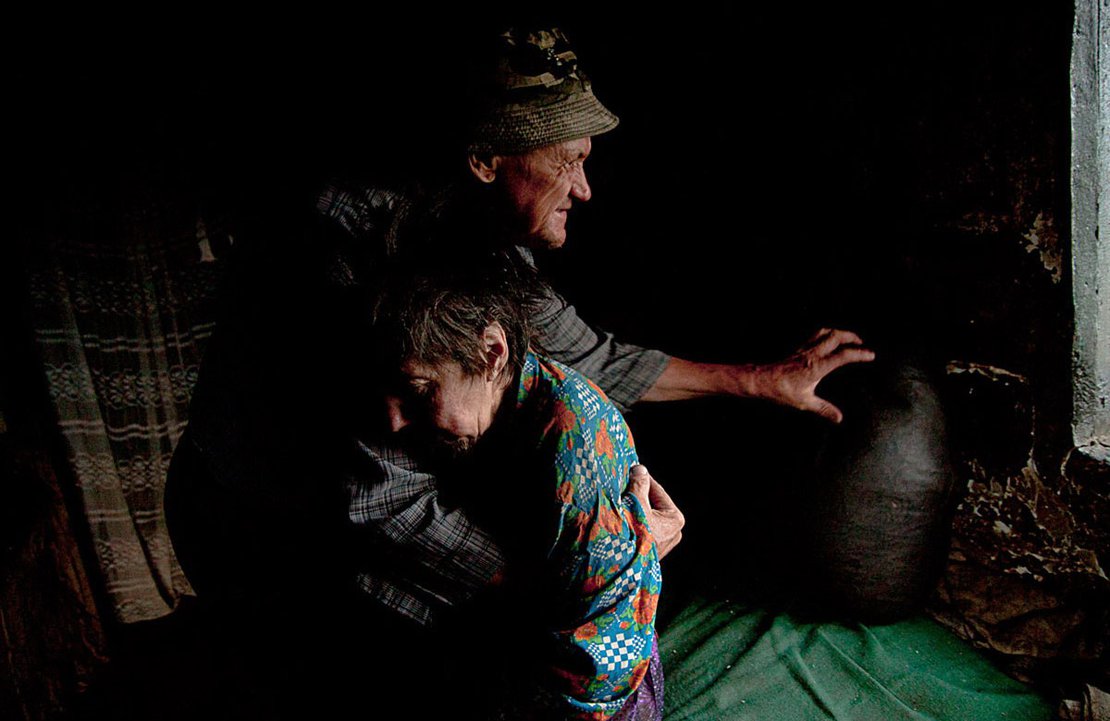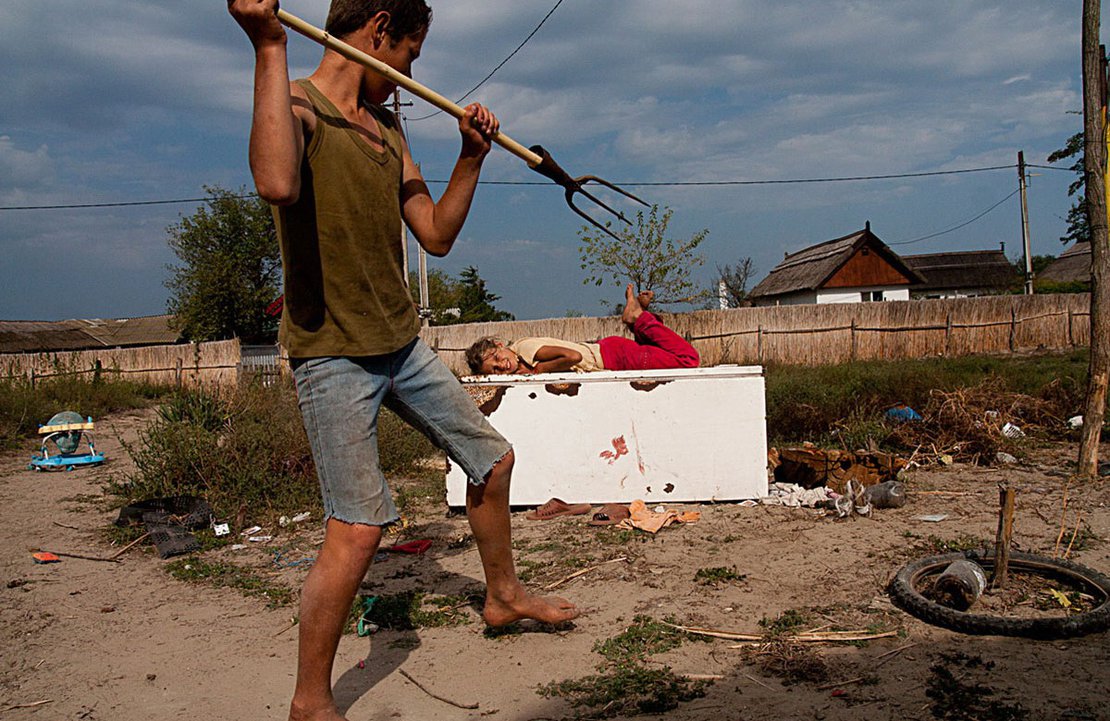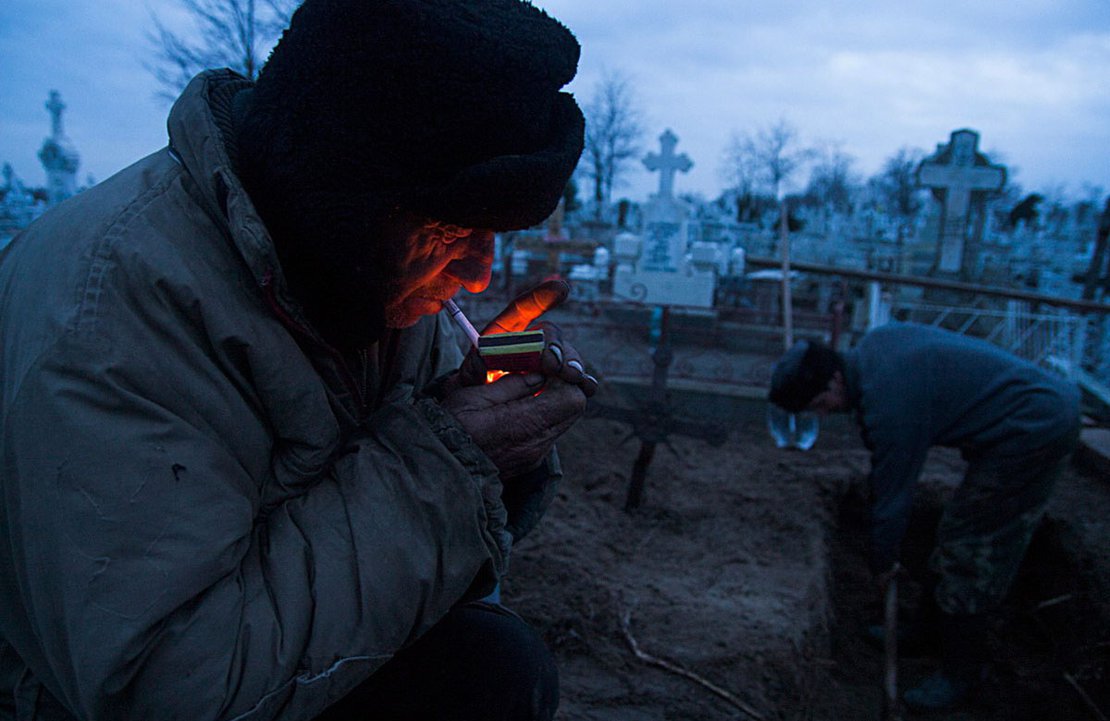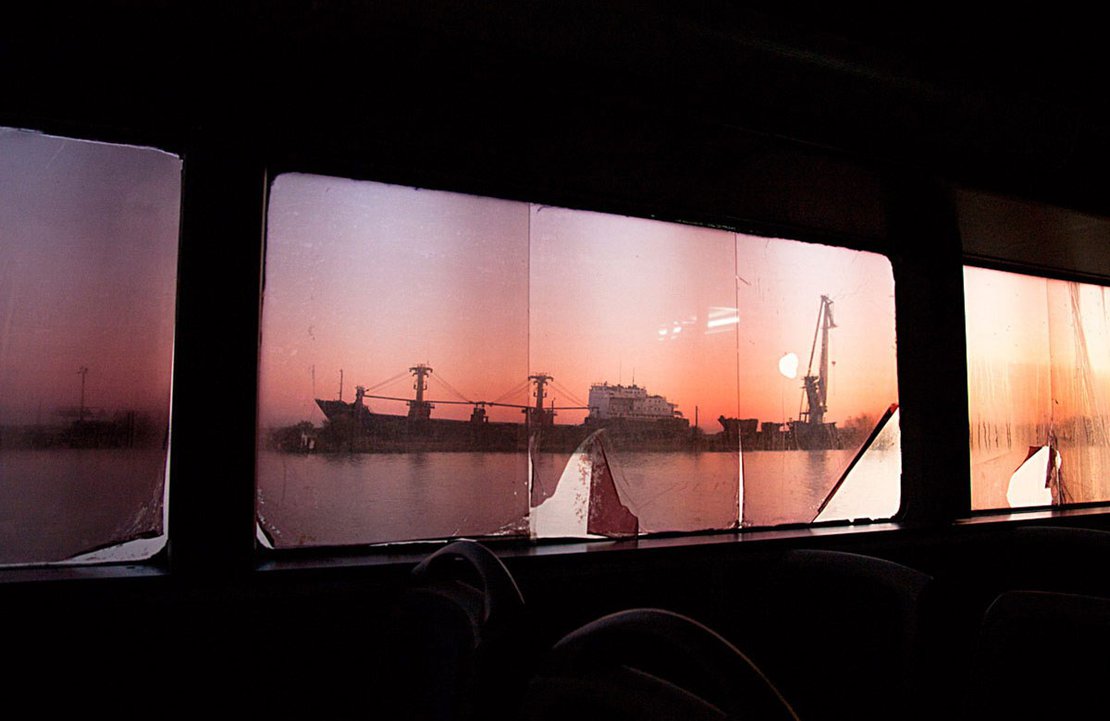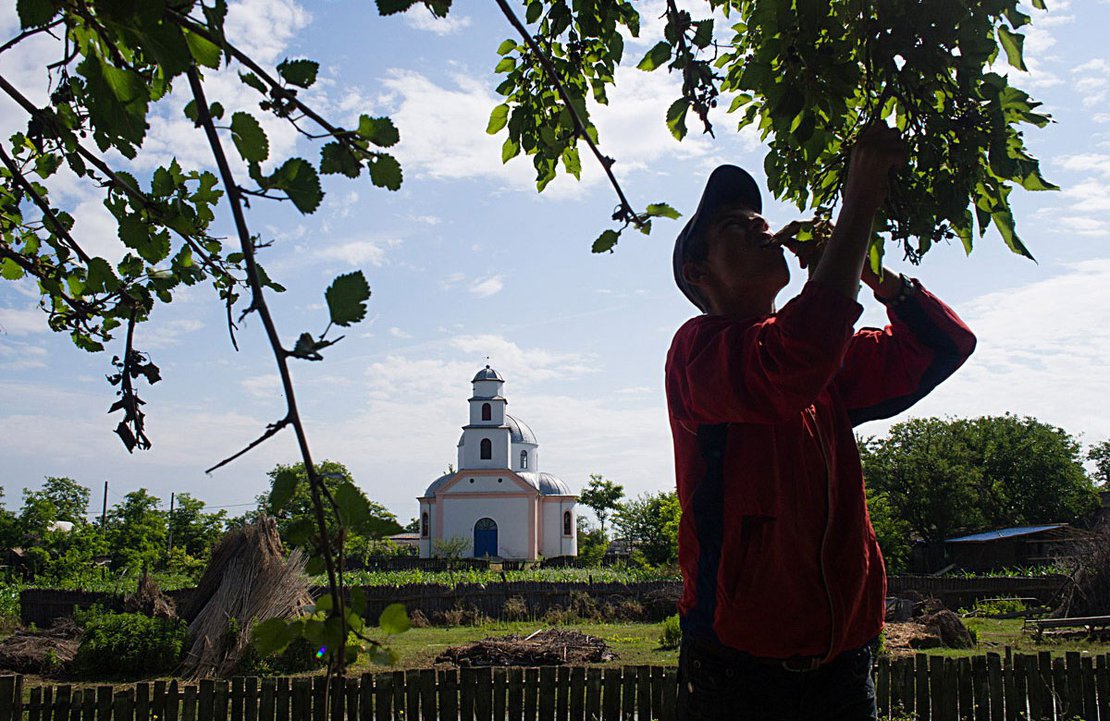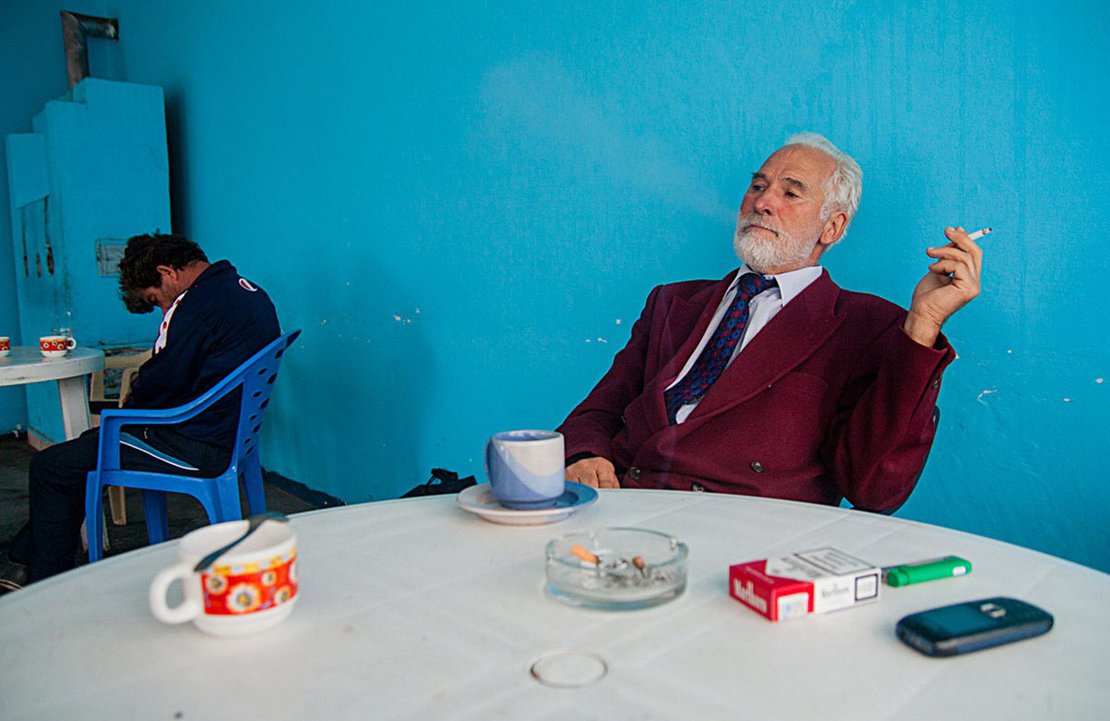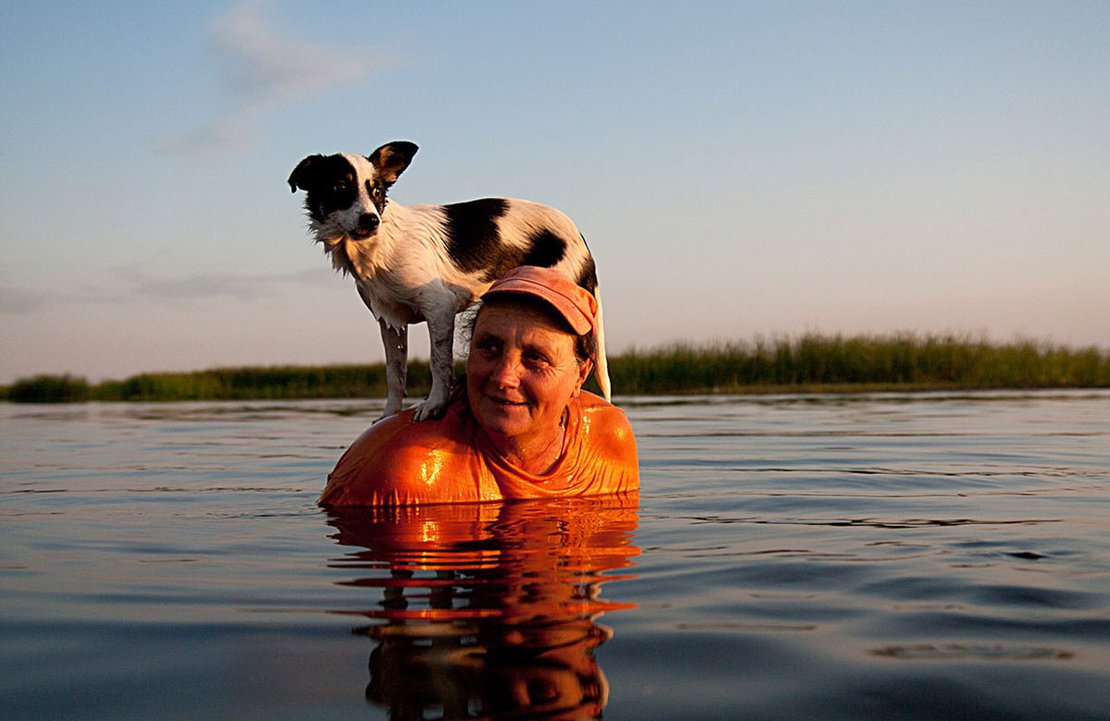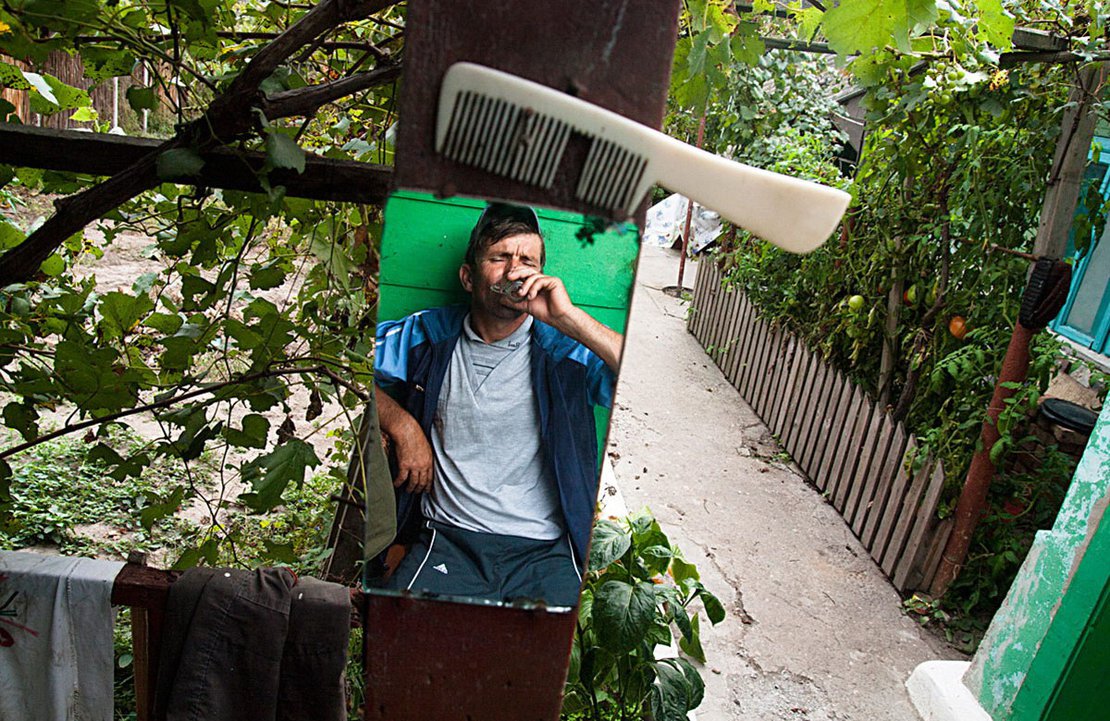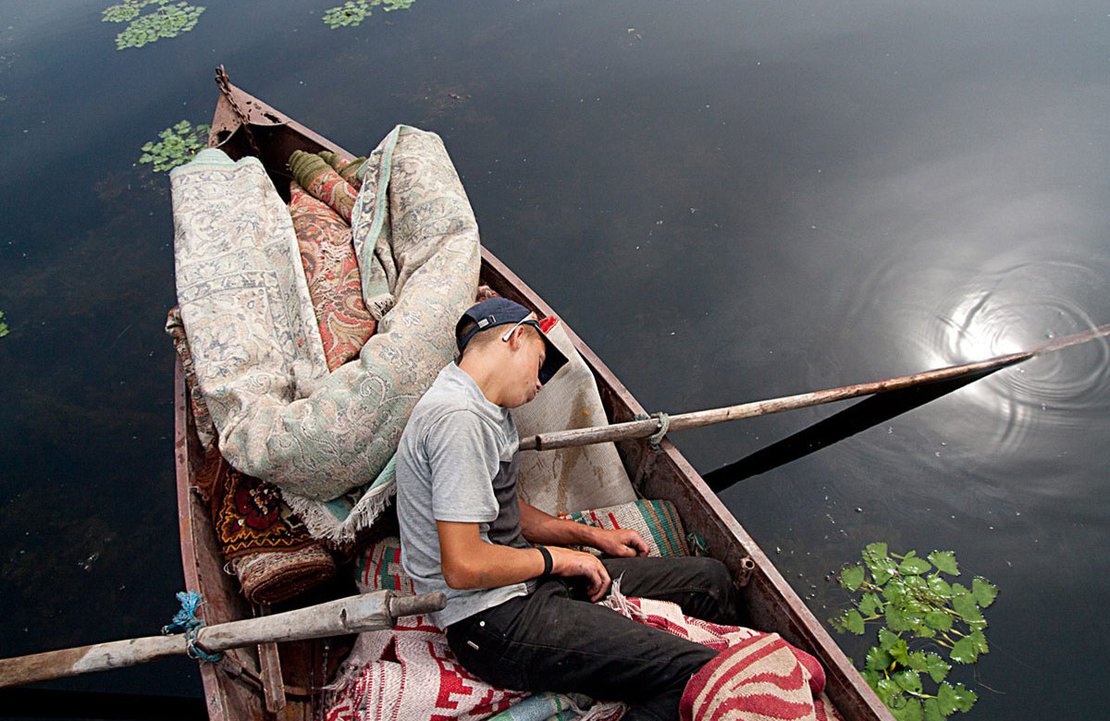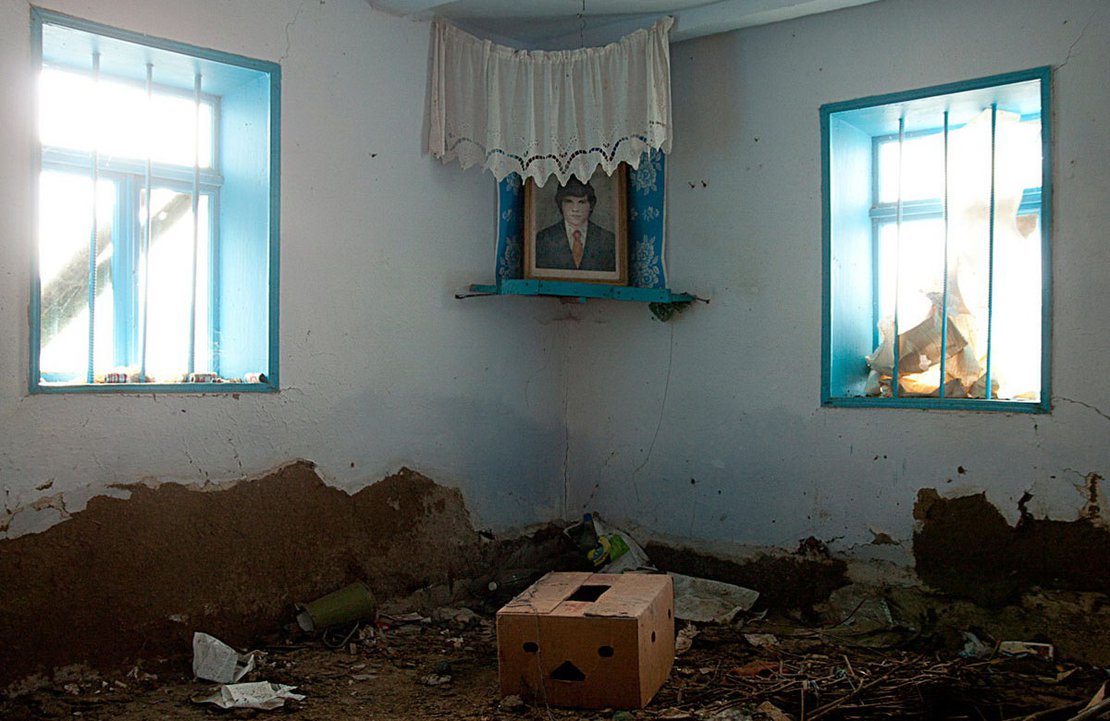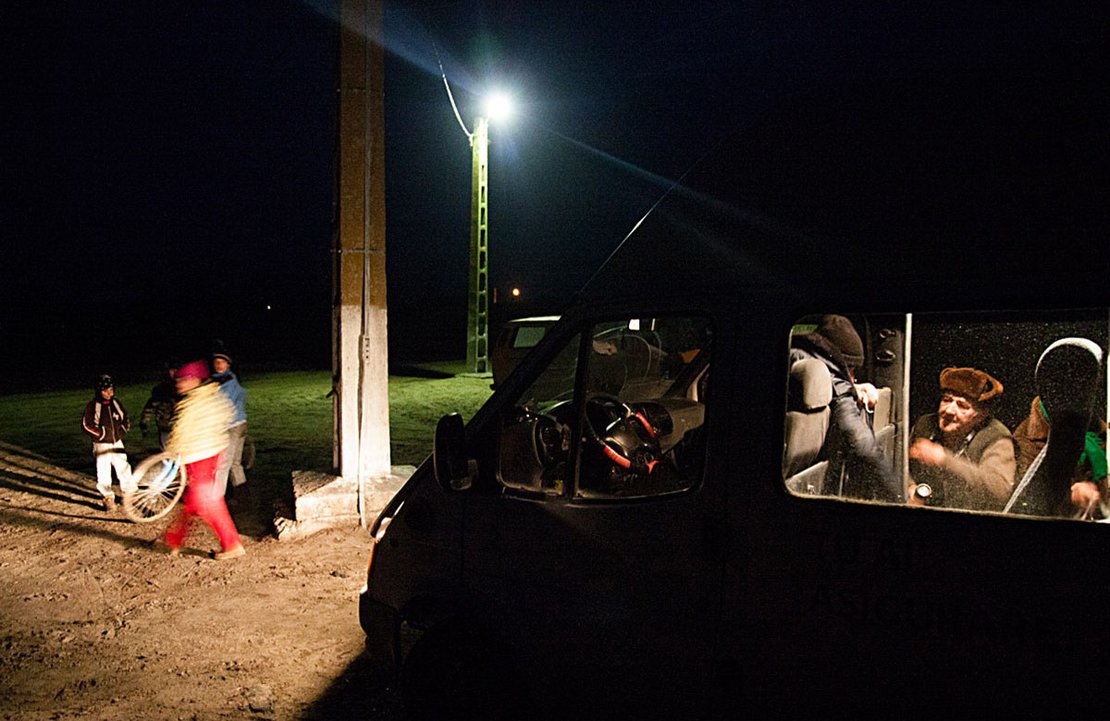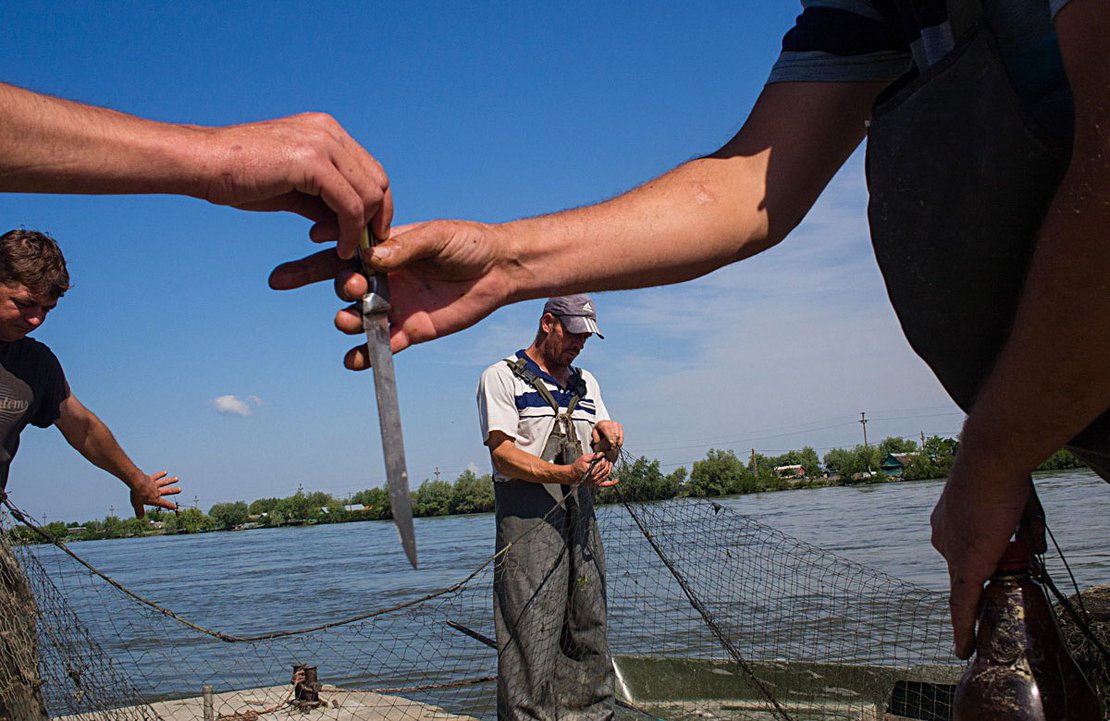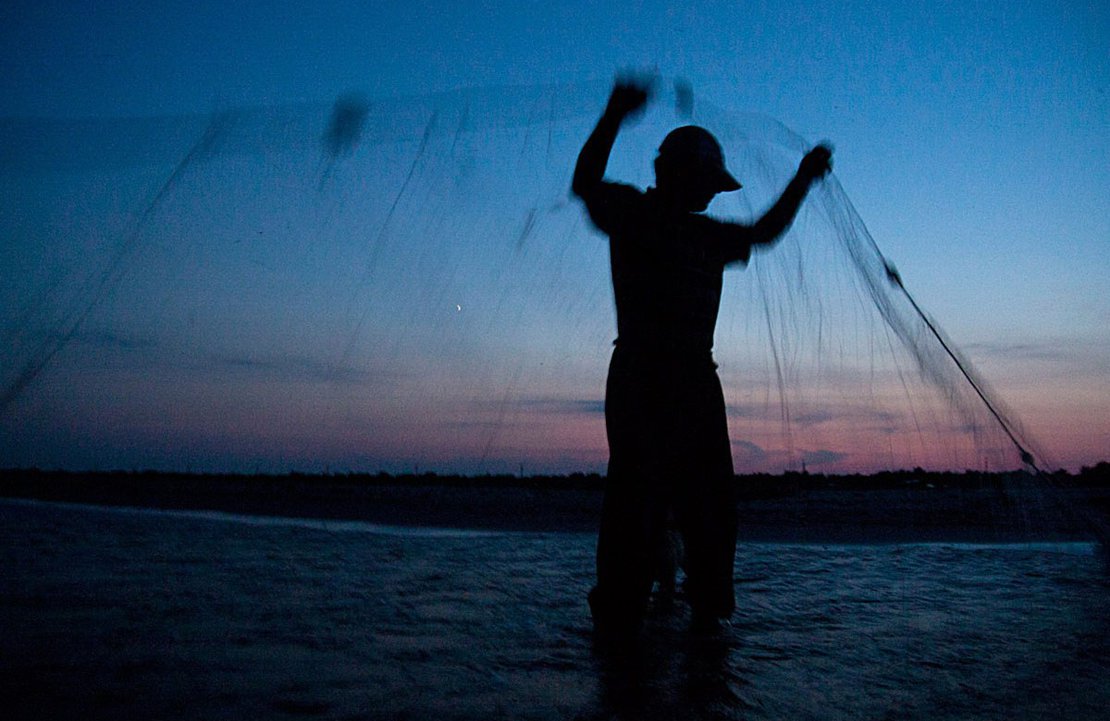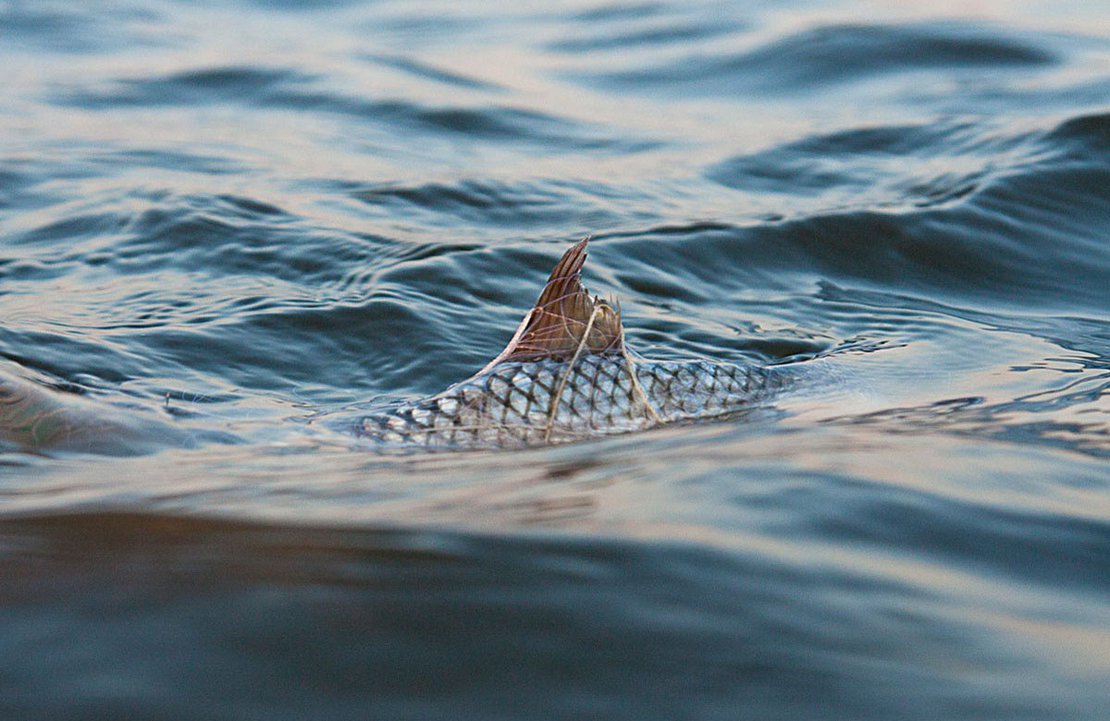Danube Delta under the gaze of four photographers
At the end of its 2,900 km course, Europe's longest river - the Danube - spreads its countless tentacles over a huge watery plain straddling the border between Romania and Ukraine.
The Danube Delta, Europe's second largest wetland after the great Volga Delta on the Caspian coast, was declared a UNESCO World Heritage site in 1991 and has remained almost pristine until now, due to its near isolation from urban influence and a thinly spread population of around 20,000.
The Delta's population mixes Romanians, Ukrainians, Turks and Bulgarians with smaller groups of Greeks and Lipovans - Russian Old Believers who fled religious persecution in the 18th century to settle in the wetlands.
Life here revolves around the fishing industry, which is in decline. Rather than focusing on the flawless nature, four Romanian photographers discovered its people and their ways of life. Their stories have been made separately.
All pictures are copyrighted to their authors.
Vlad Basca, 34, is a freelance photographer born in Tulcea, the main town at the gates of the Delta.
“In life, it is not the strongest and the brightest that survive, but the ones who adapt easily to the environment. The Danube Delta is not the friendliest place on Earth, but life finds a way to thrive in these small fishing communities. It’s their stories and moments in their lives that I try to unveil through my photos.”
Petrut Calinescu, 39, is a freelance photographer co-founder and photo editor of the Black Sea website.
“My father was born in one of the main cities of Danube Delta, Vilkove, which is today part of Ukraine. My grandparents’ house was full of pictures of fishermen, as my grandfather worked for a fishery. I grow up with strange images of giant sturgeons and catfish, sleeping on a pillow made from the fabric of the sail of a small boat my father had when he was young. When I became a photographer, the Danube Delta and its people was one of the first places I set out to explore.”
George Popescu, 35, is a freelance photographer based in Bucharest, Romania. “I was born in Bucharest and spent my childhood in the fields of Romania’s southern plains, where the biggest fish you could catch in the village pond were 15 centimetres long. I discovered the Delta quite late, and I was fascinated: it was so different from where I’d lived, but not so far away.”
Alex Tomazatos, 26, is a photographer and biologist, currently working on his PHD in the Danube Delta.
“Studying biology and looking at people gave me my own perspective over the biosphere and how the community presents itself as a result of adaptation to the environment. Just like the flora and fauna of the delta, the way of life, the traditions and the problems of these communities have evolved in close correlation to the environment."
Follow us
